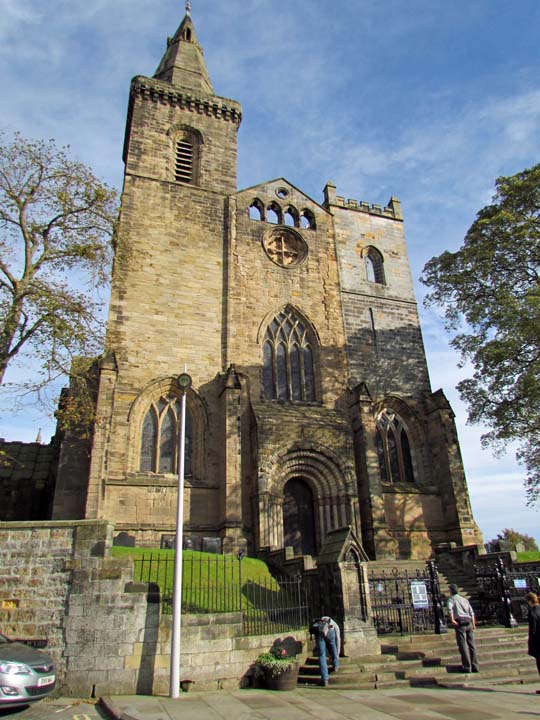
Dunfermline Abby
Dunfermline Abbey
is as a Church of Scotland Parish Church located in Dunfernline, Fife, Scotland.
Dunfermline Abbey is one of Scotland's most important
cultural sites.
The abbey was founded in 1128 by King David I of Scotland, but the monastic establishment was based on an earlier foundation dating back to the reign of King Mael Coluim mas Donnchada (i.e. "Malcolm III" or "Malcolm Canmore", r. 1058-93) and his queen. It was administered by the Abbot of Dunfermline, its first being Groffrey of Canterbury, former prior of Christ Chuch Canterbury, the Kent religious house that probably supplied Dunfermline's first Benedictine monks.
In the decades after its foundation the abbey gained power and wealth with the dedication of 26 altars gifted by individuals and guilds and was a lucrative center of pilgrimage after Dunfermline became a center for the well-promoted cult of St. Margaret (Malcolm's wife and David's mother).
During the winter of 1303
the court of Edward I of England was held in
the abbey, and on his departure next year most of the buildings were burned.
During the
Scottish Reformation, the abbey
church was sacked in March 1560. Some parts of the abbey infrastructure still
remain, principally the vast refectory and rooms over the gatehouse which was
part of the former city wall. The nave was also spared and it was repaired in
1570 by Robert Drummond of Carnock. Next to
the abbey is the ruin of Dunfermline Palace, also part
of the original abbey complex and connected to it via the gatehouse.
Dunfermline Abbey, one of
Scotland's most
important cultural sites, has received more of Scotlandís royal dead than any
other place in the kingdom, excepting Iona. The tomb of Saint Margaret and Malcolm
Canmore, within the ruined walls of the Lady chapel, was restored and enclosed by command of Queen
Victoria.
∑ Saint
Margaret of Scotland was buried
here in 1093; on 19 June 1250 following her Canonization her remains
were disinterred and placed in a reliquary at the high altar. Her husband
Malcolm's remains were
also disinterred, and buried next to Margaret.
∑
Both Duncan II, 1094, and
his wife Ethelreda, were buried here
∑
Donald III of
Scotland 1099
∑
Edgar of Scotland was buried here in 1107
∑ Alexander I
of Scotland, ,1124, and
his queen Sybill de Normandy, 1122, were
buried here
∑ David I of
Scotland was buried
here (1153) along with his queen Maud, Countess of Huntingdon (1130)
∑
Malcolm IV of
Scotland was buried
here in 1165
∑
Alexander III
of Scotland (1286), was
buried here, with his first wife Margaret of England (1275) and
their sons David of Scotland (1281) and Alexander of Scotland (1284)
∑
Elizabeth de
Burgh, wife of Robert of Scotland, was buried
here in 1327
∑
Robert
the Bruce was buried,
in 1329, in the choir, now the site of the present parish church. Bruceís
heart rests in Melrose, but his bones lie in Dunfermline Abbey,
where (after the discovery of the skeleton in 1818) they were reinterred with
fitting pomp below the pulpit of the New church. In 1891 the pulpit was moved
back and a monumental brass inserted in
the floor to indicate the royal vault.
∑
Matilda of Scotland, daughter of Robert I of
Scotland, was buried
here in 1353
∑ Anabelle Drummond, wife of Robert III and mother
of James I was buried here in 1401
∑
Robert
Stewart, Duke of Albany, was buried
here in 1420
∑
Birthplace, in 1600, of Charles I , the last British monarch born in Scotland.
∑
William Schaw, Master of Work to the Crown of
Scotland, was buried here in 1602: his tomb can still be seen.
∑ Bishop James Bruce

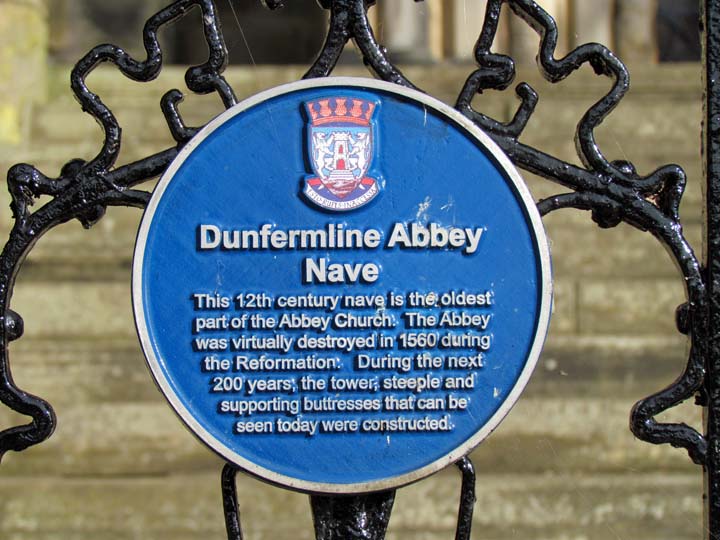
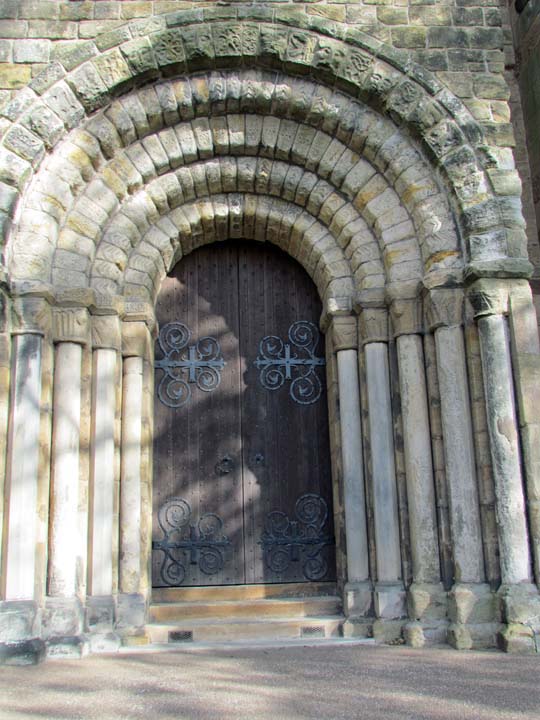
Love the flying buttresses
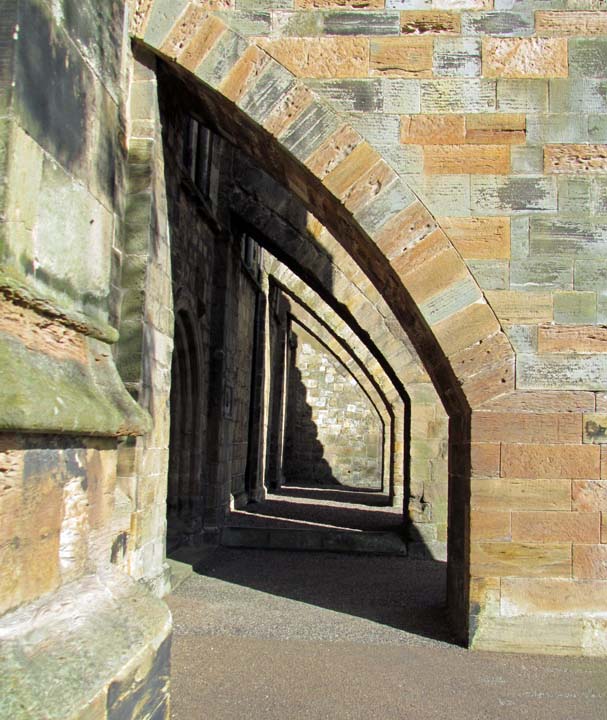
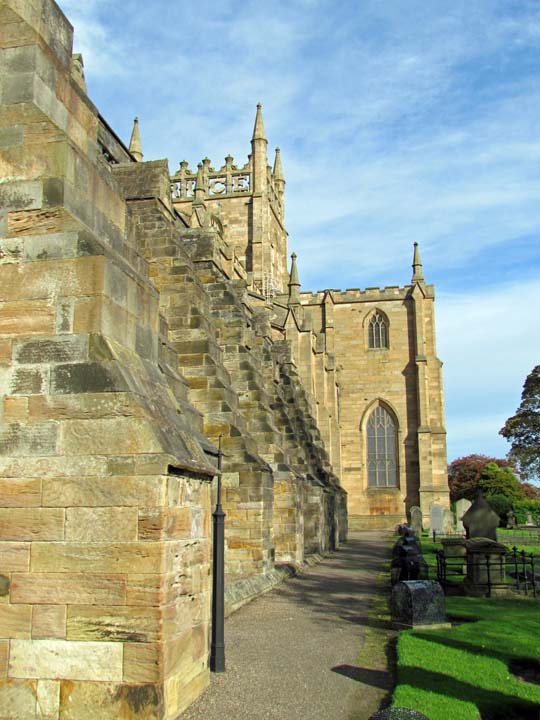
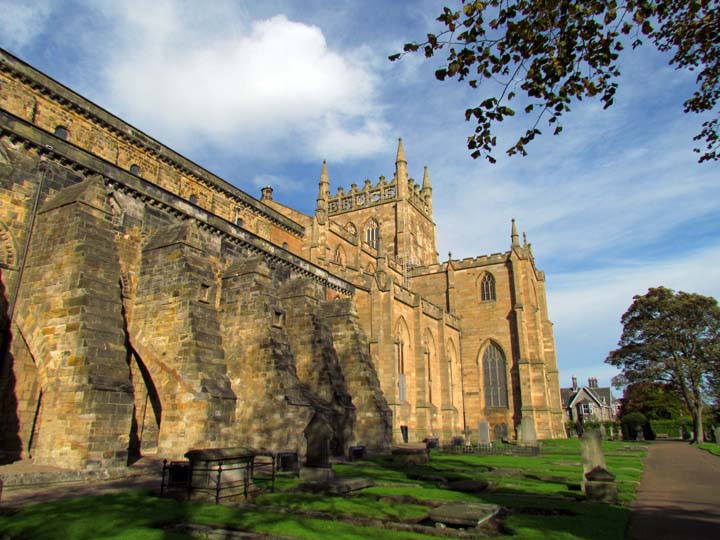
Bruce King
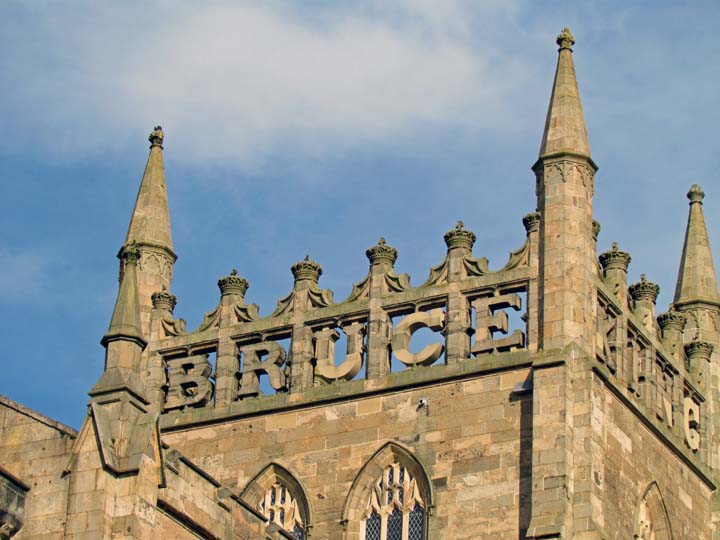
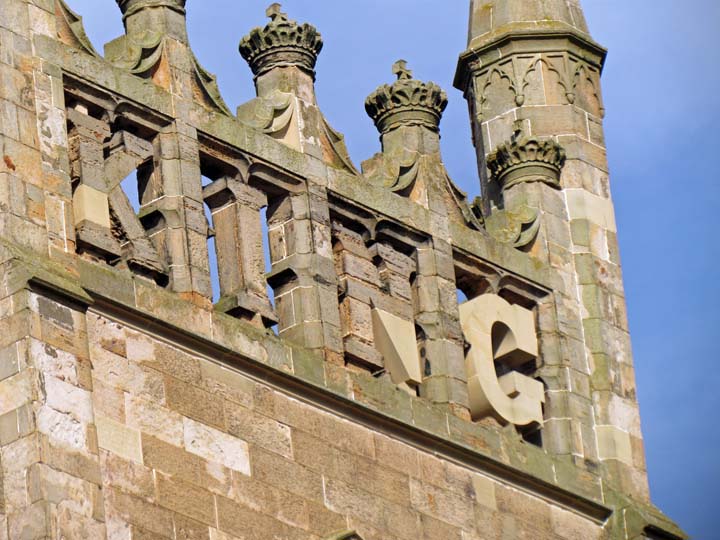
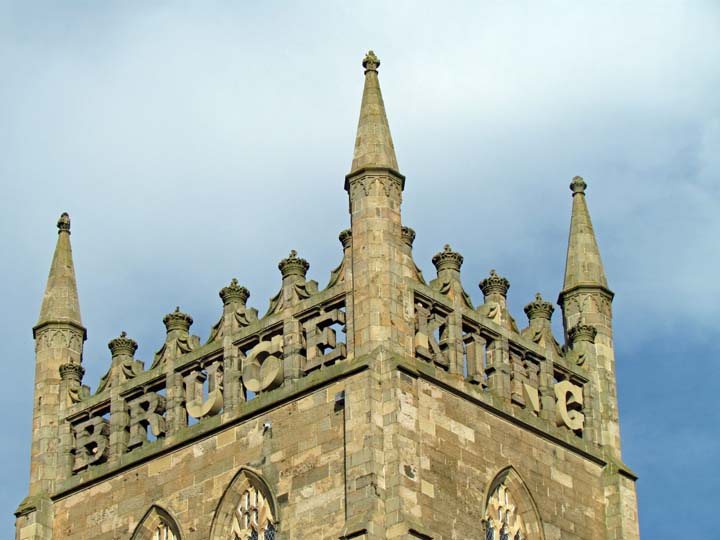
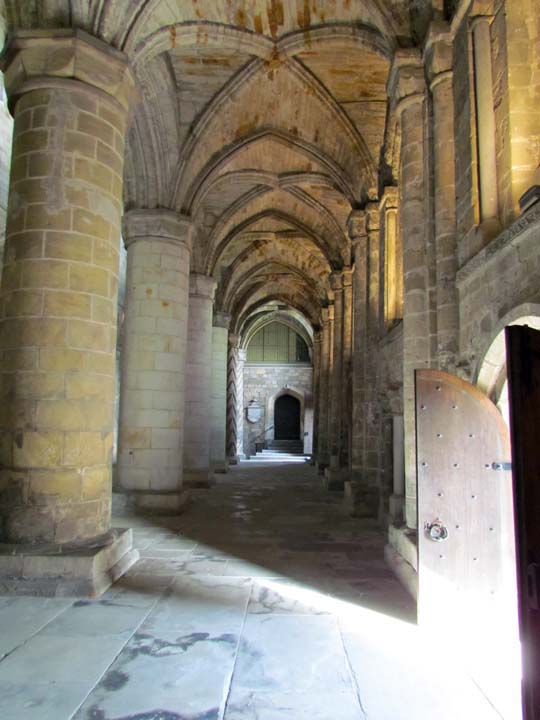
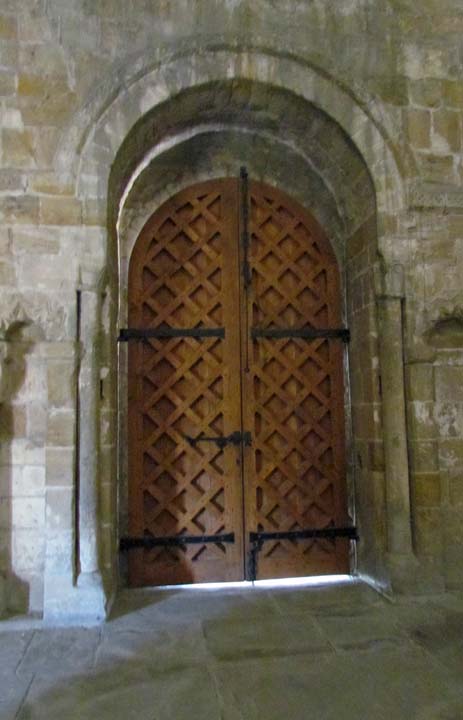
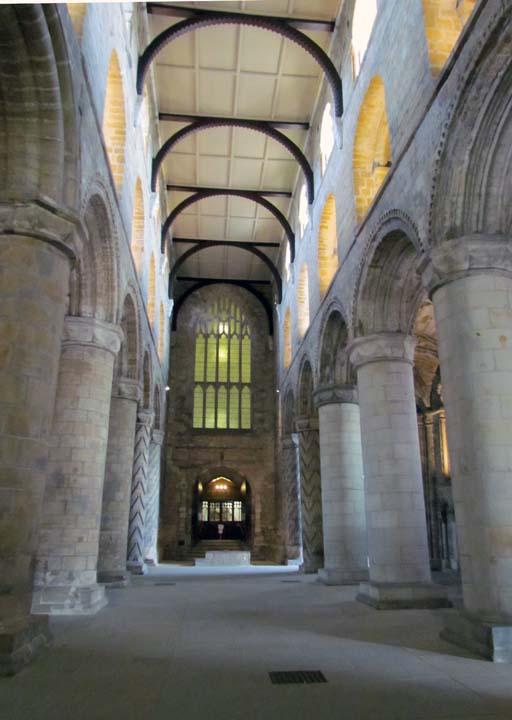
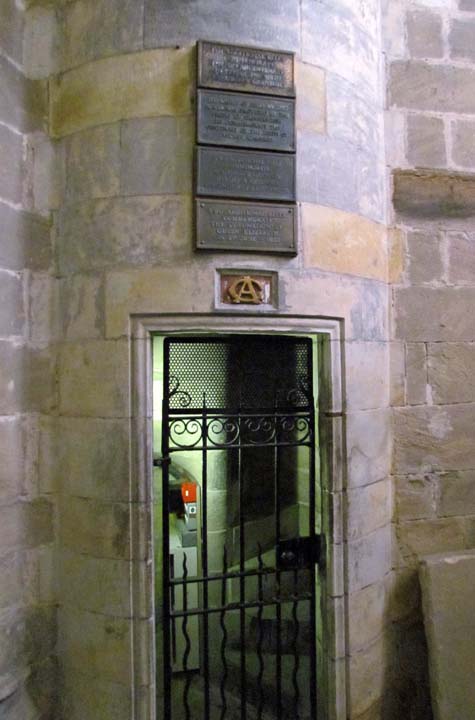
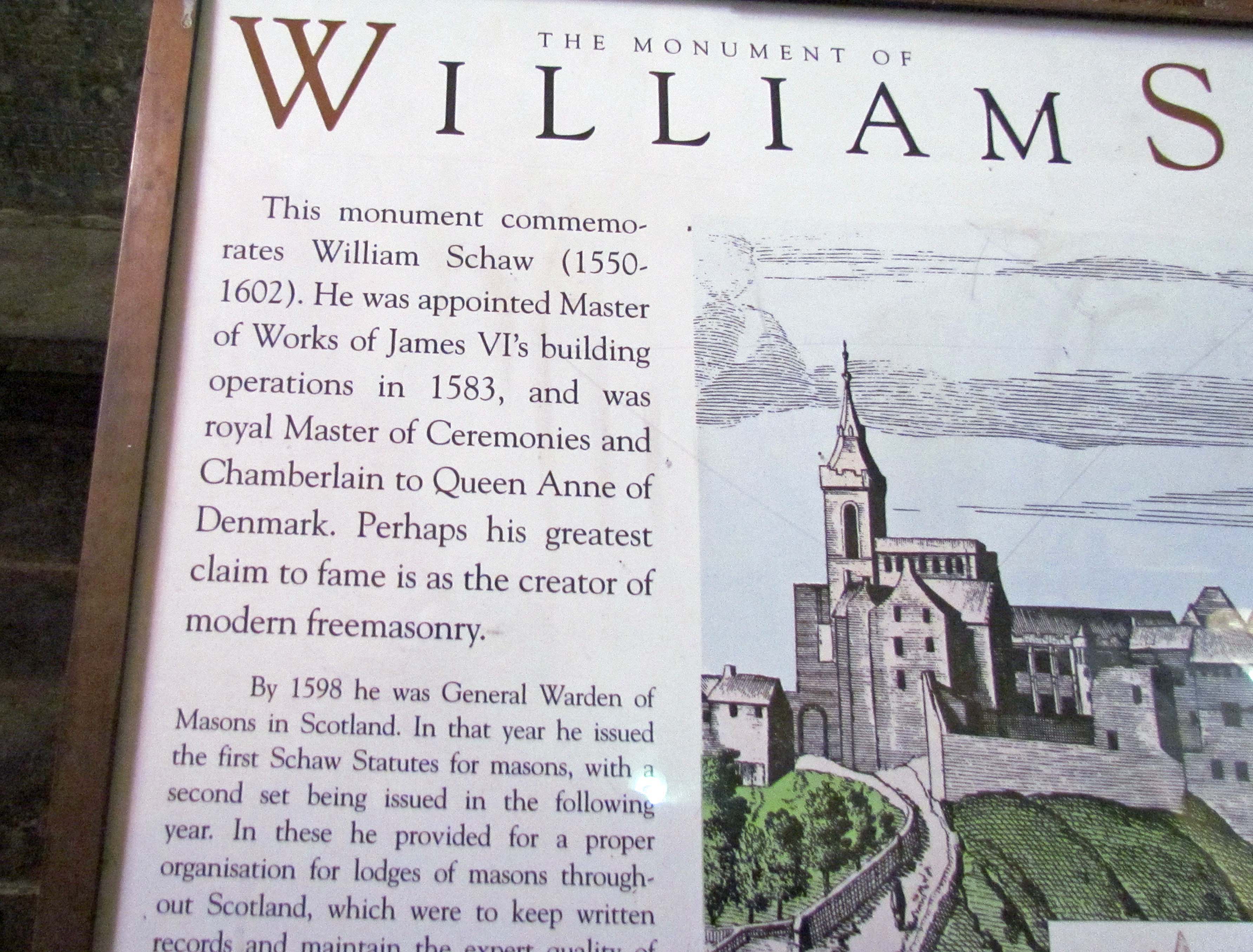
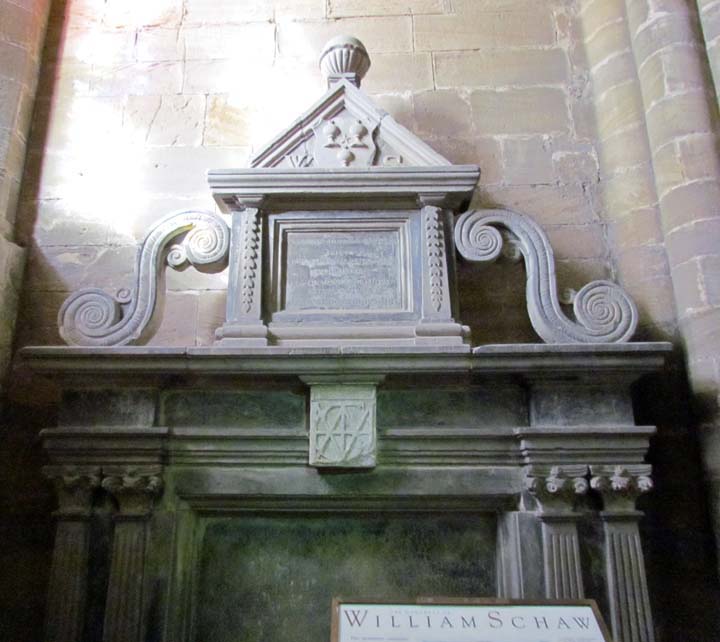
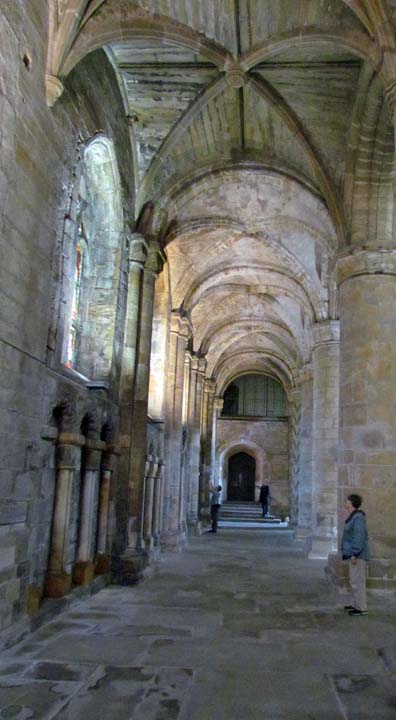
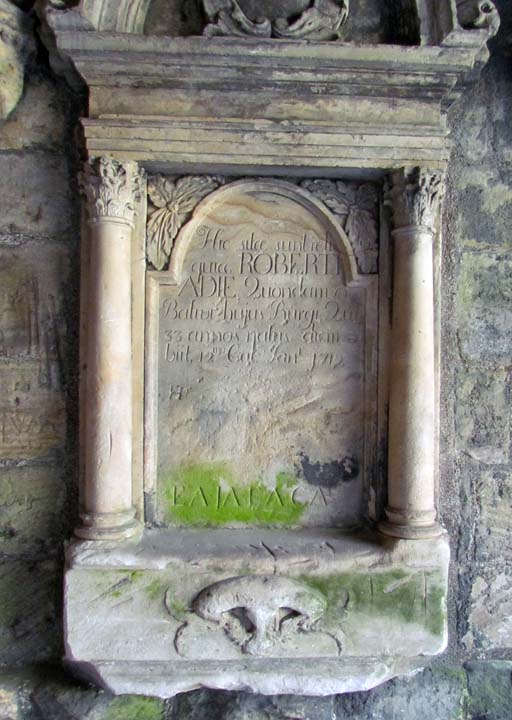
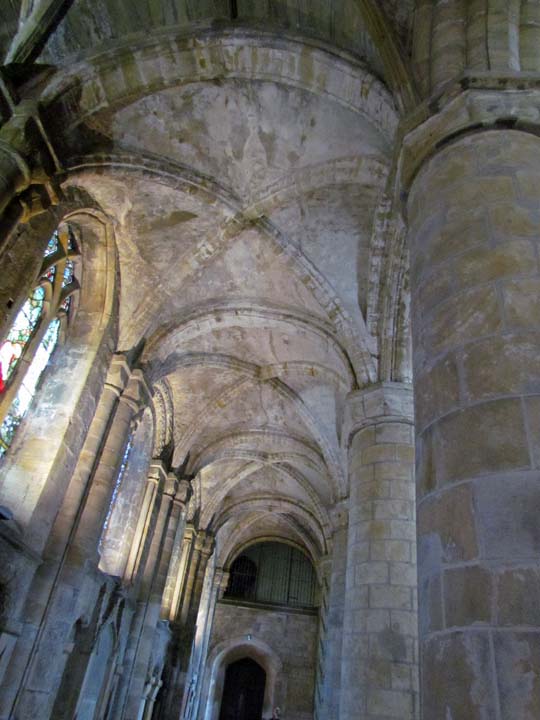
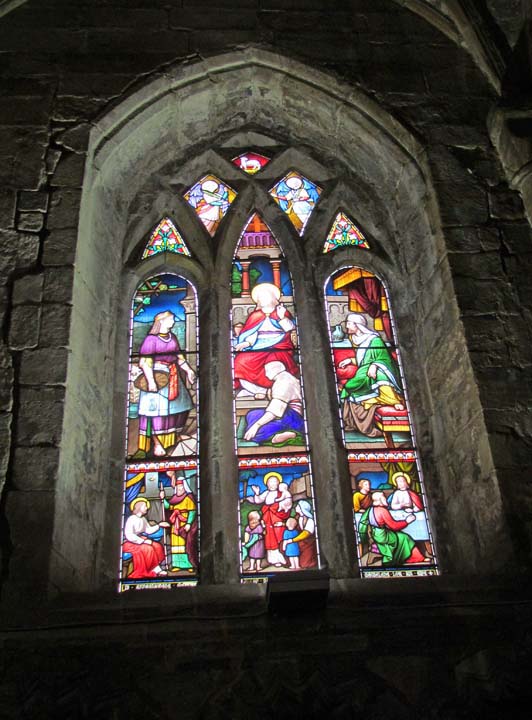
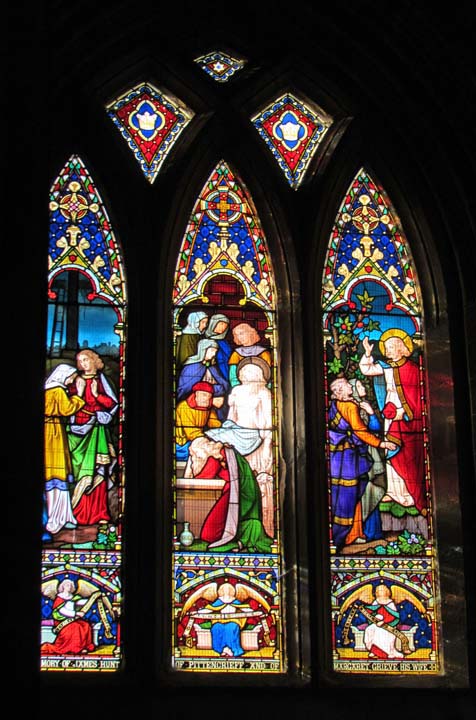
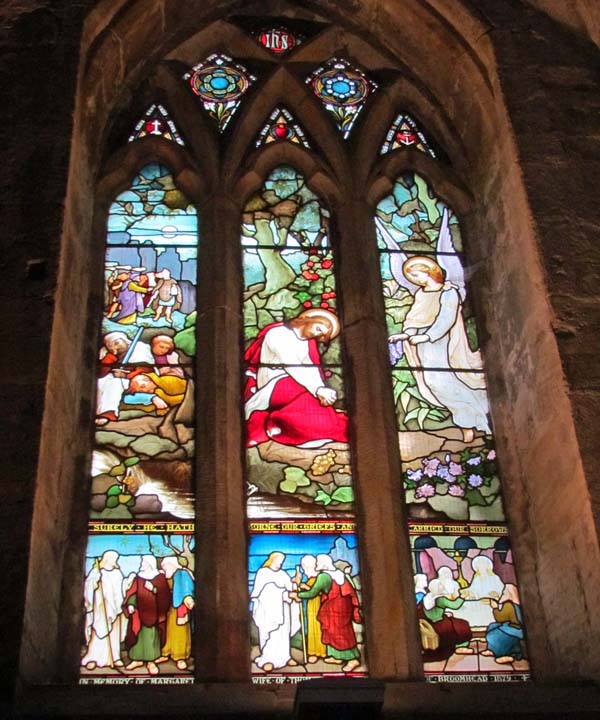
One of our Gillespie's?
Probably not, but we would have been proud of him
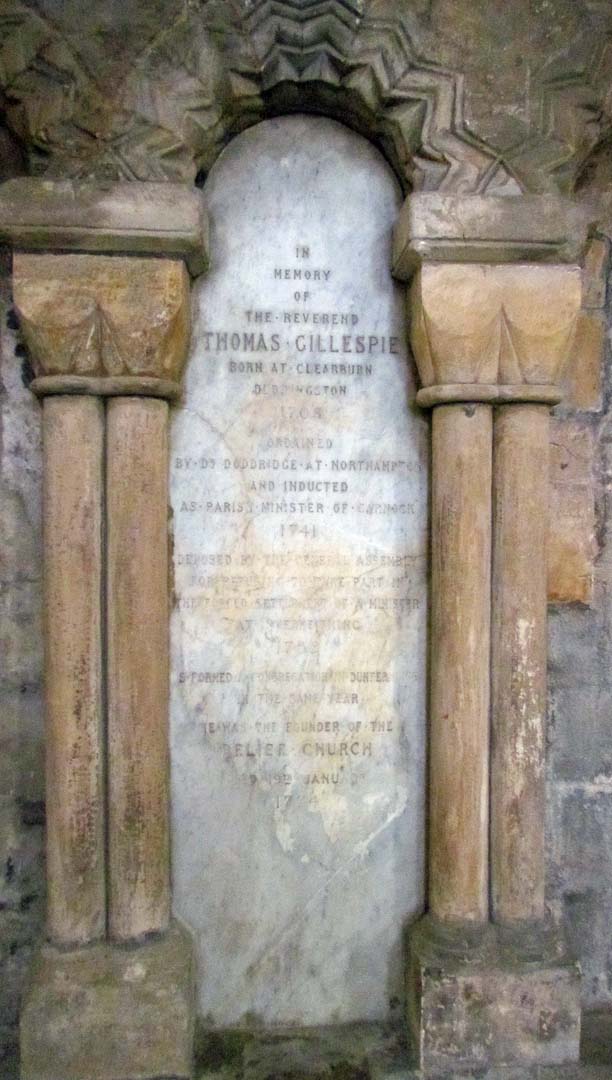
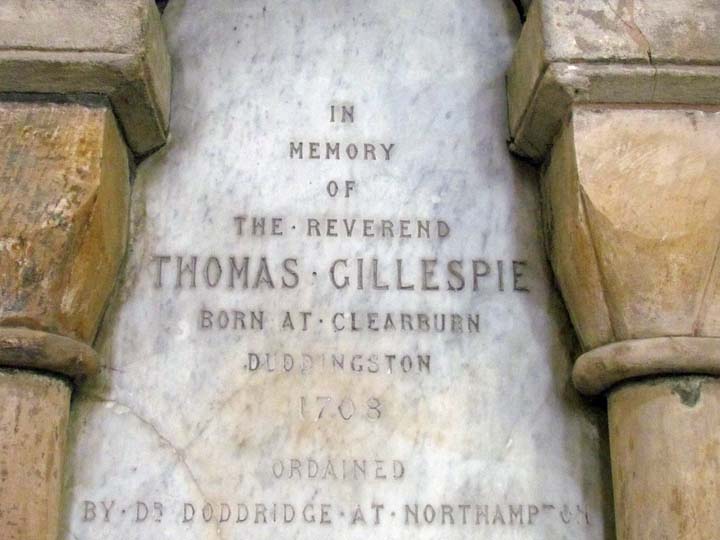
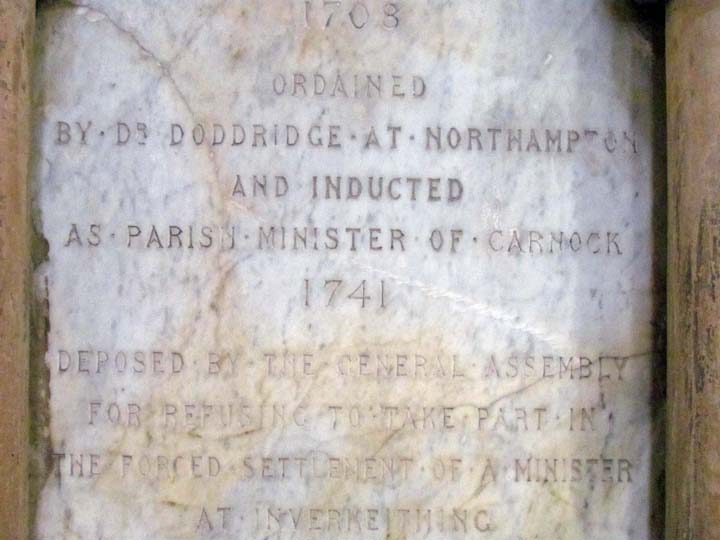
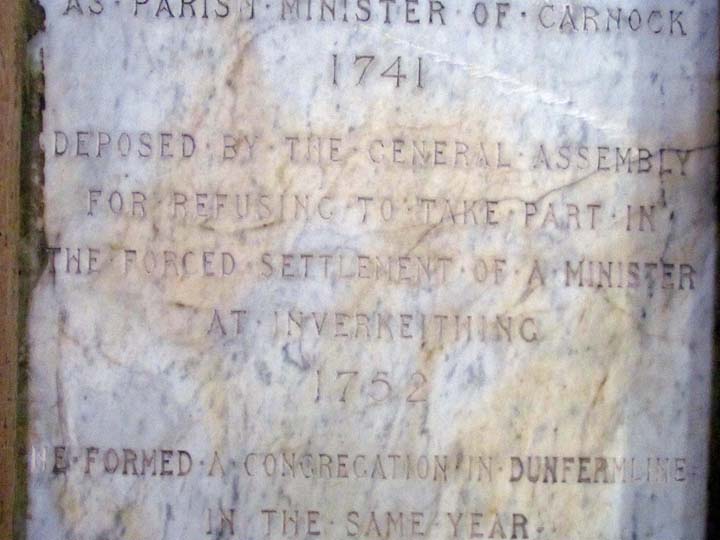
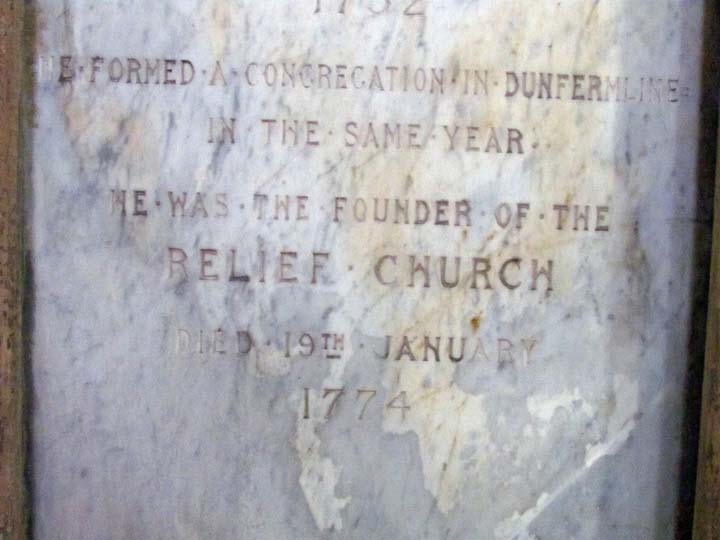
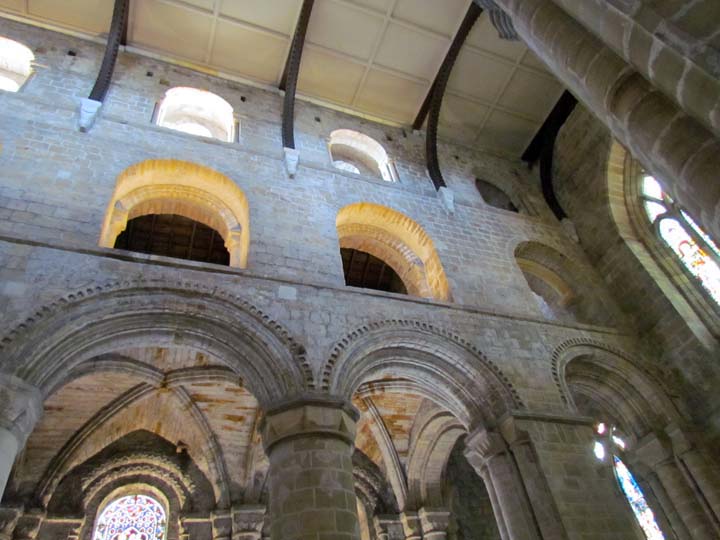
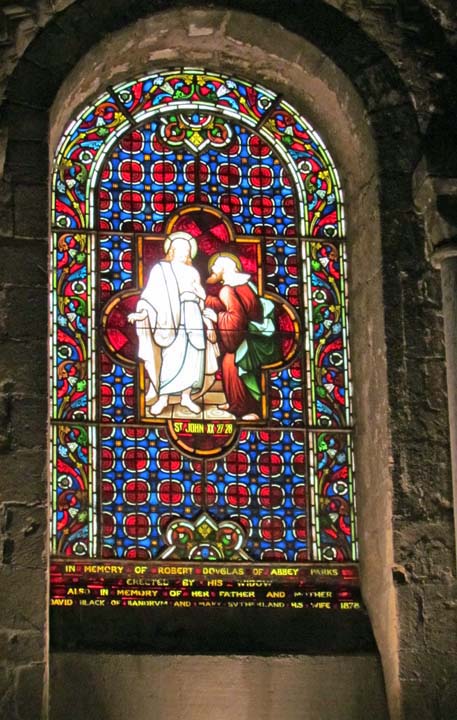
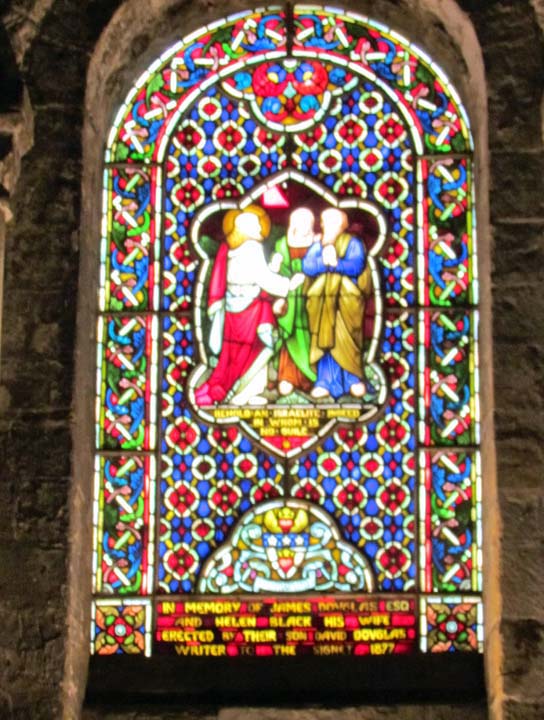
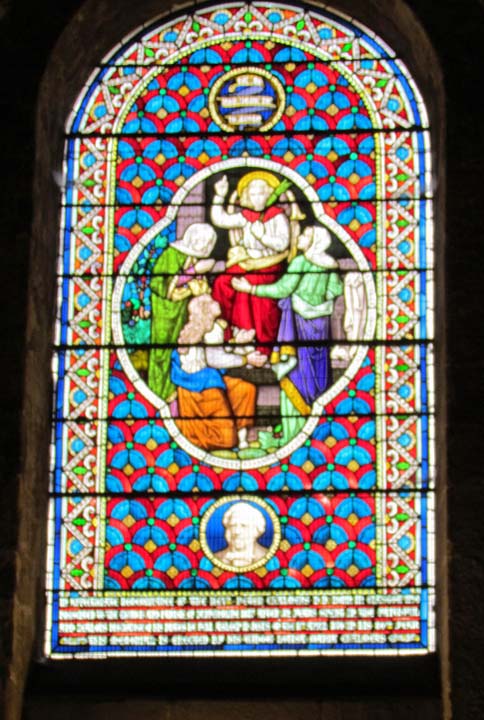
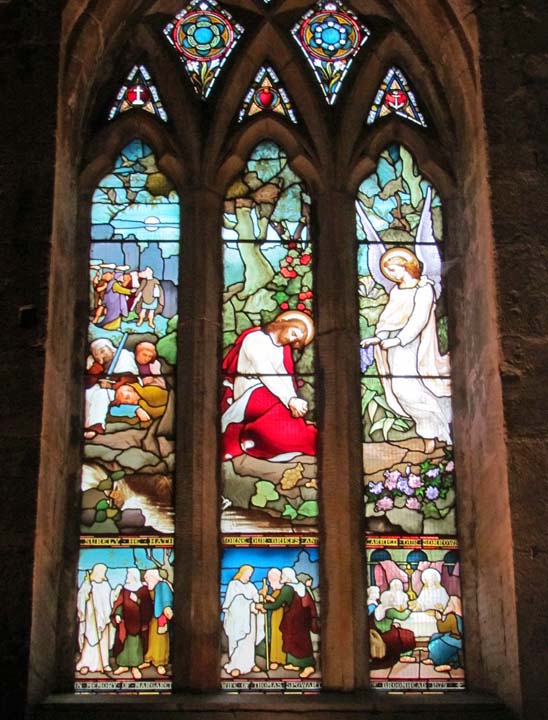
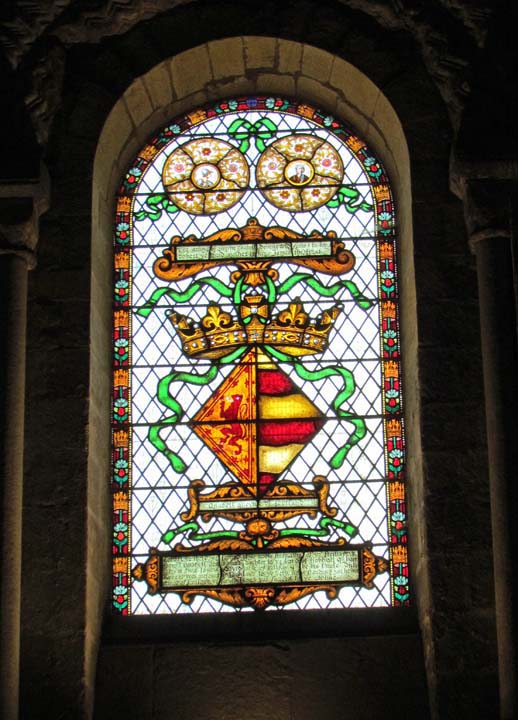
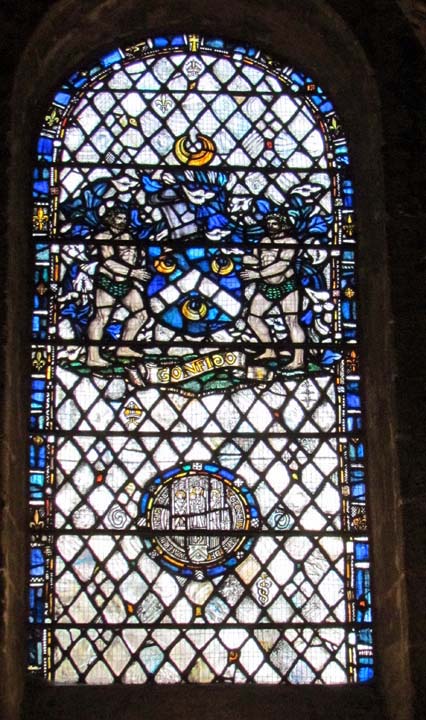
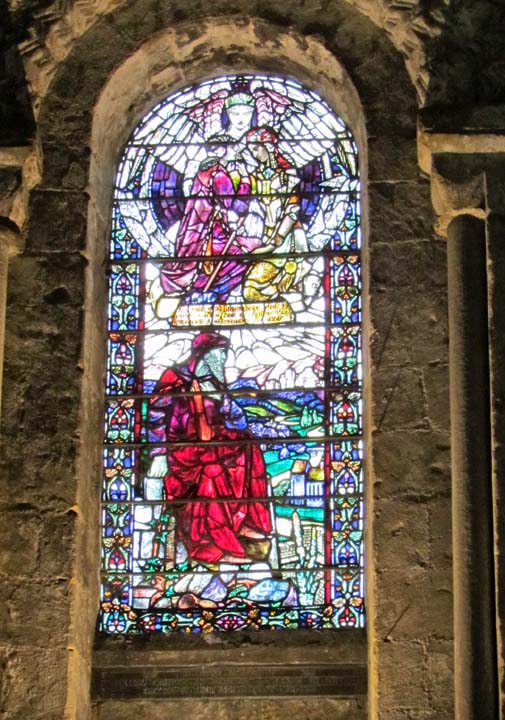
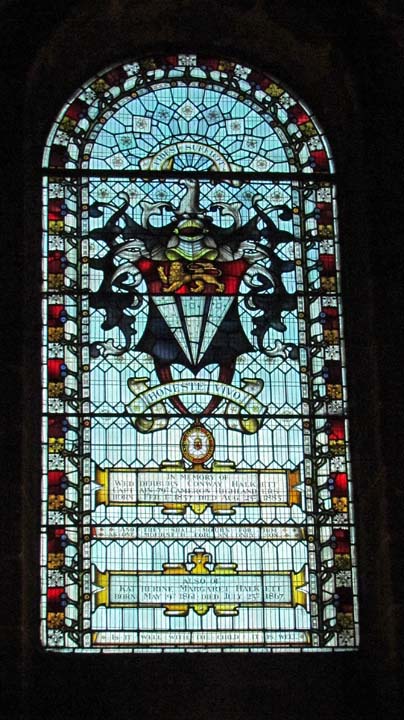
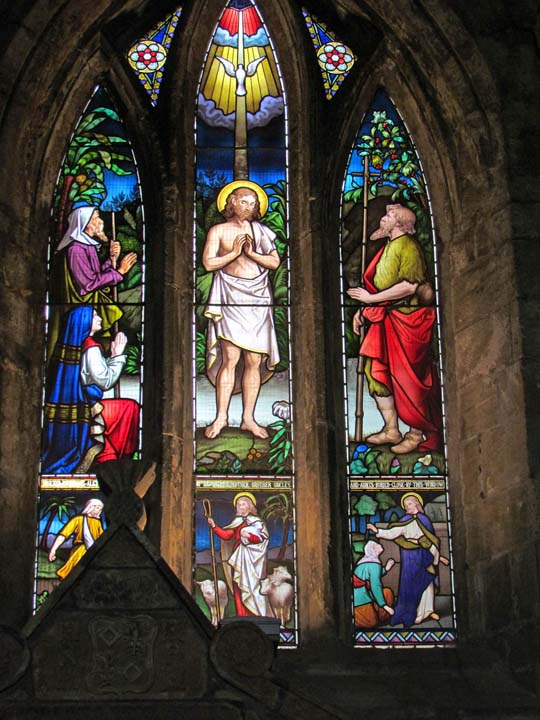
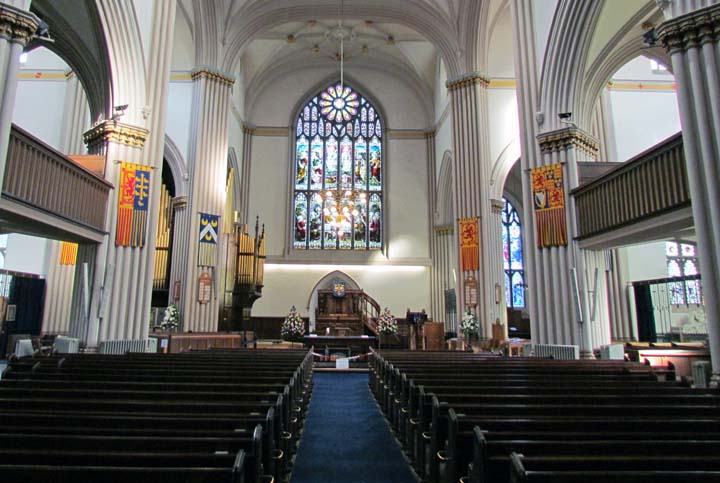
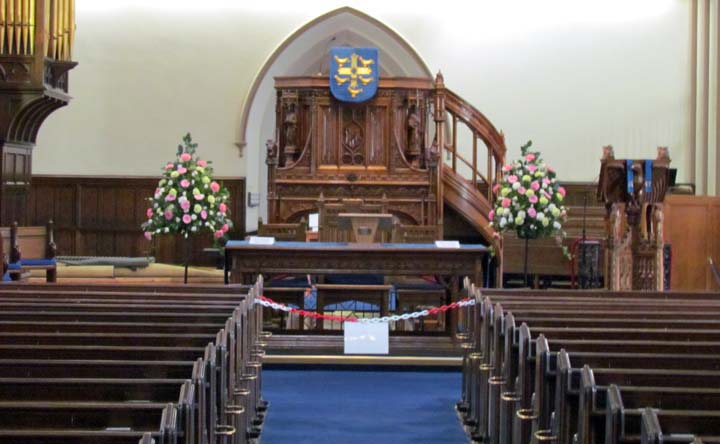
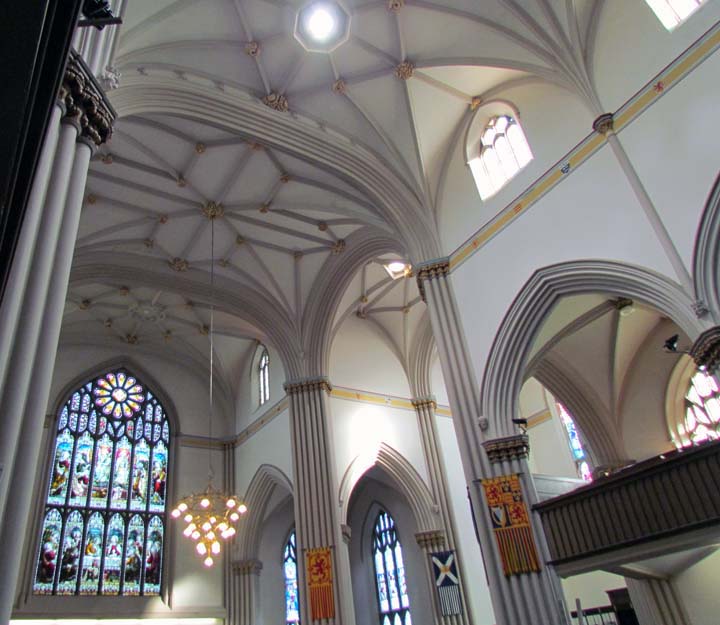
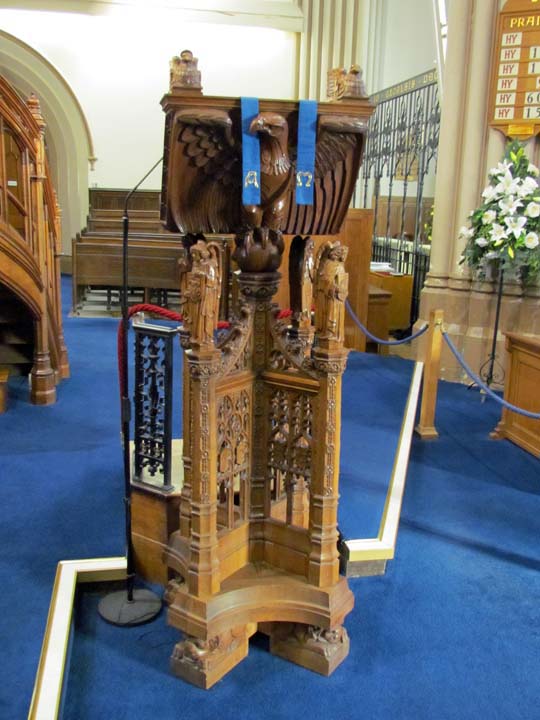
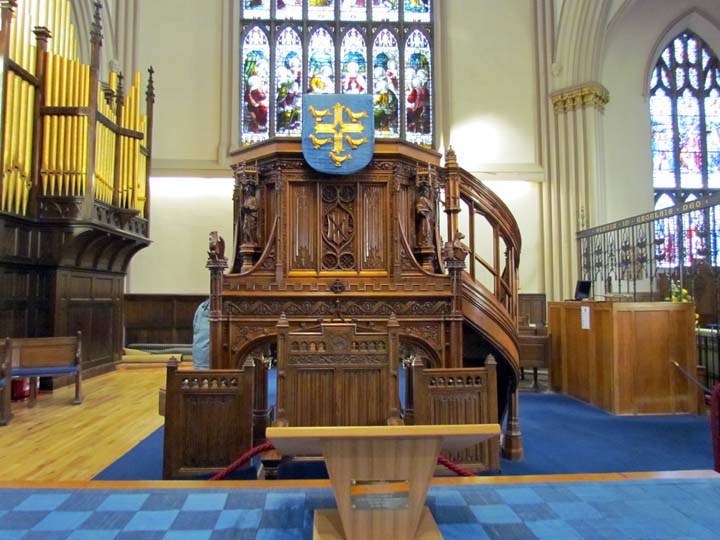
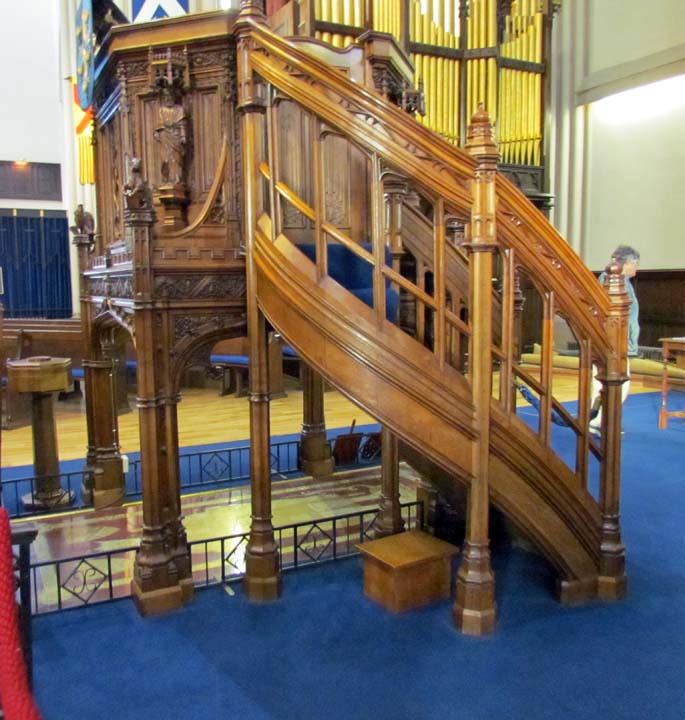
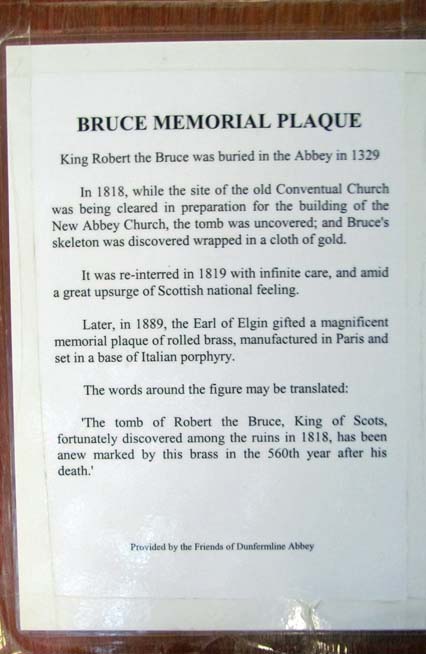
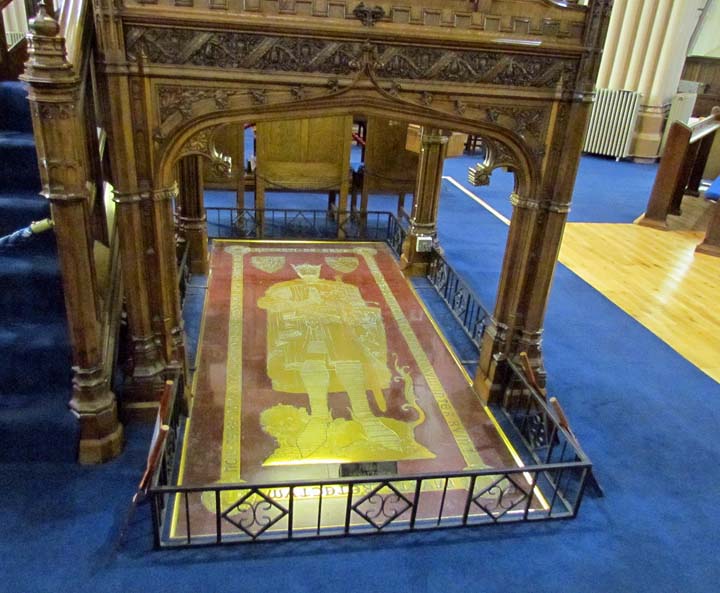
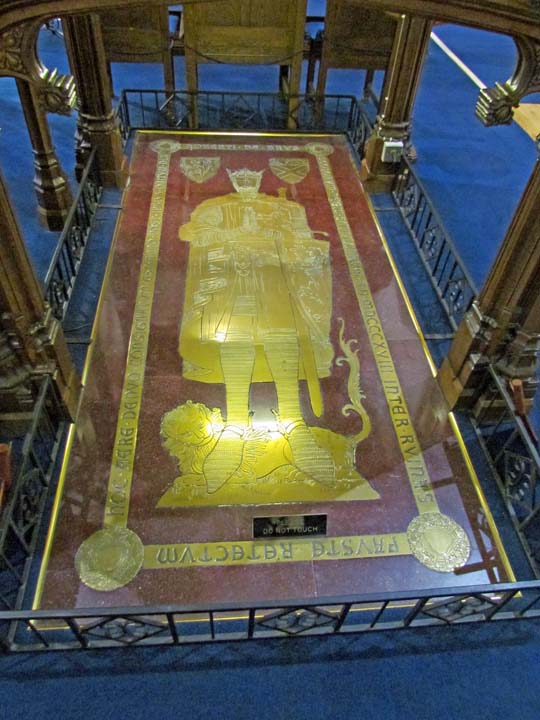
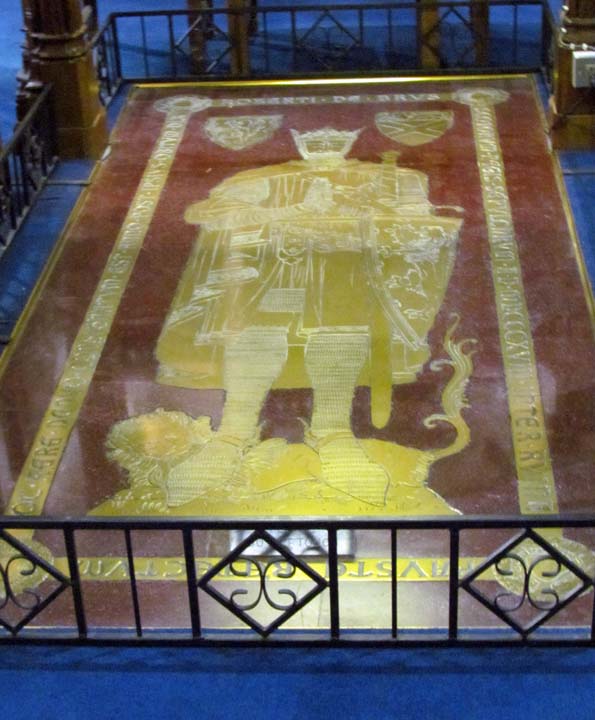
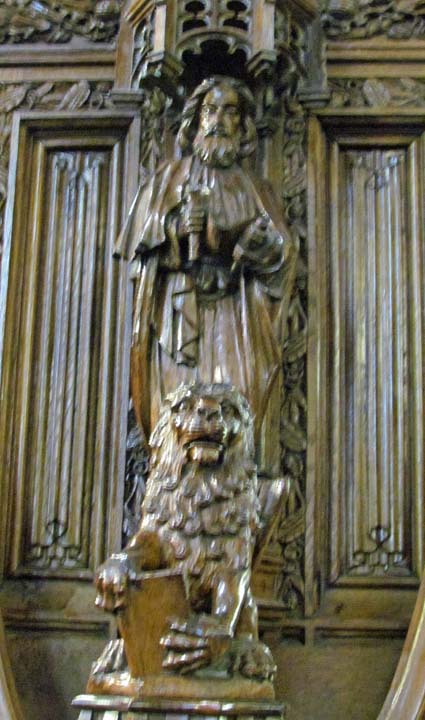
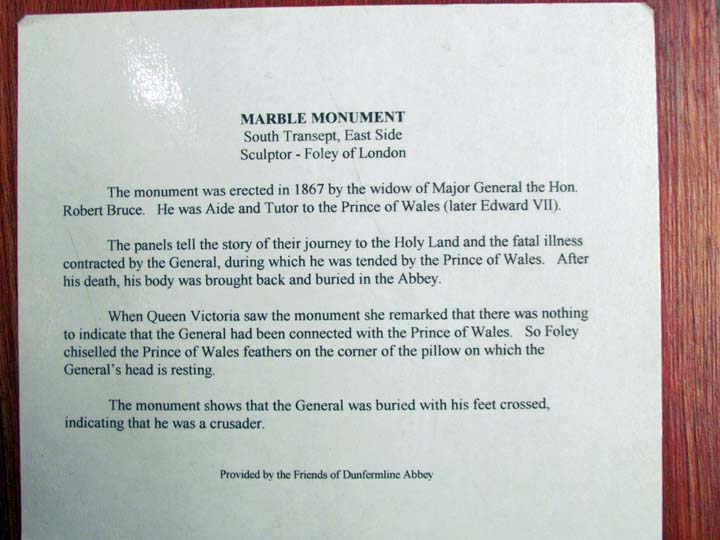
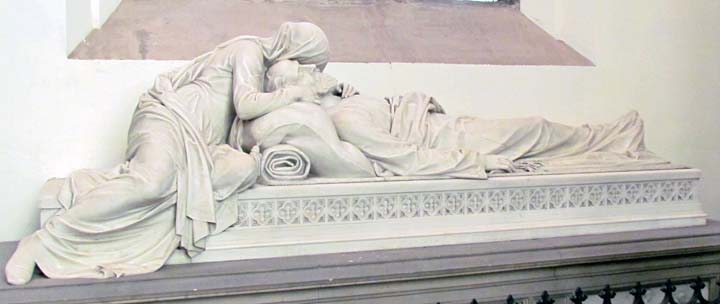
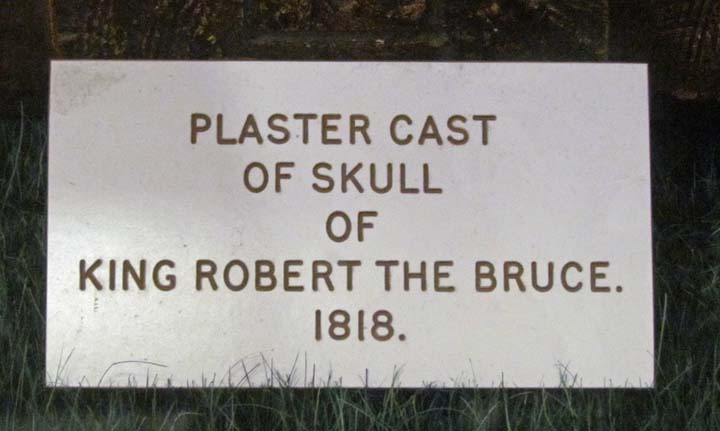
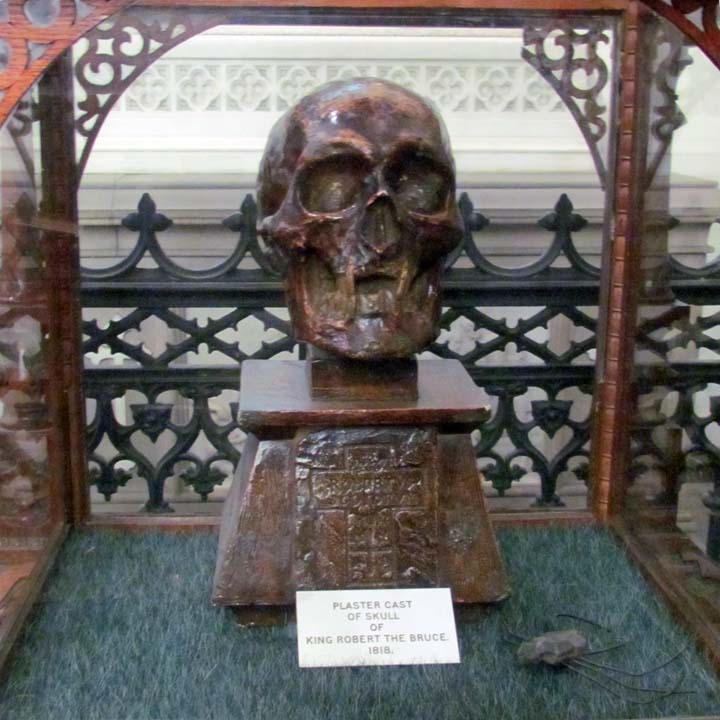
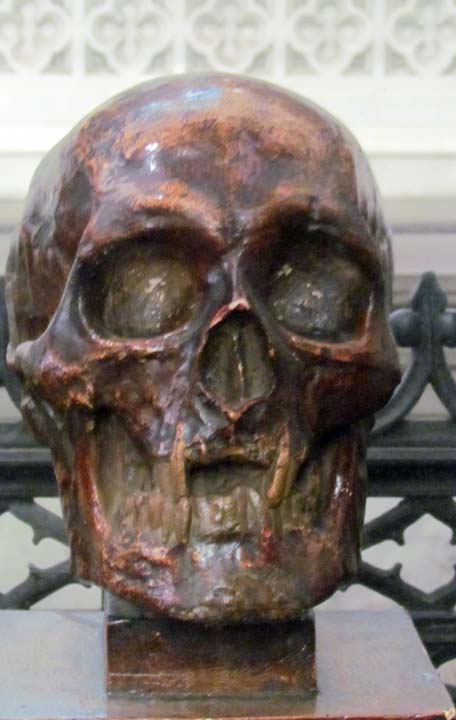
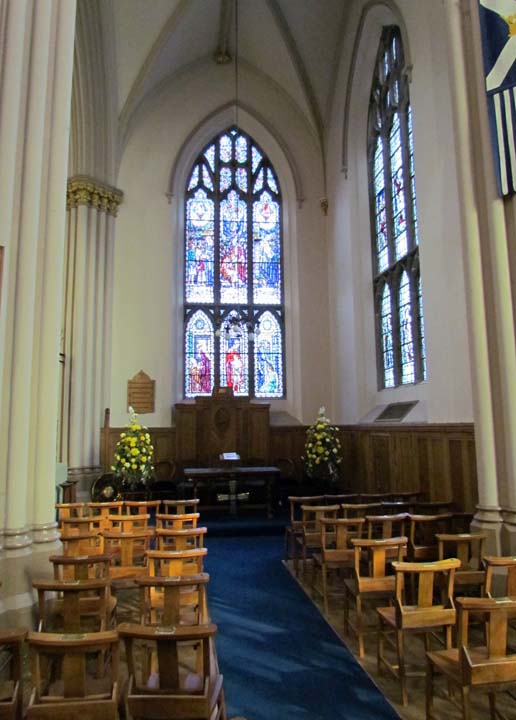
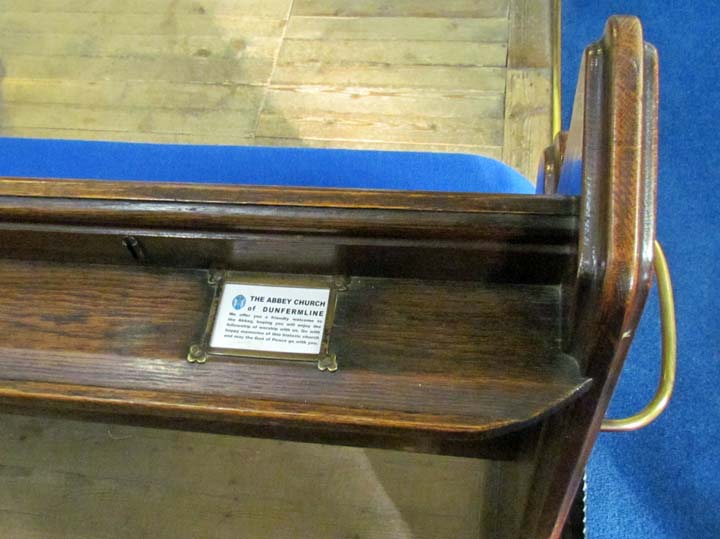
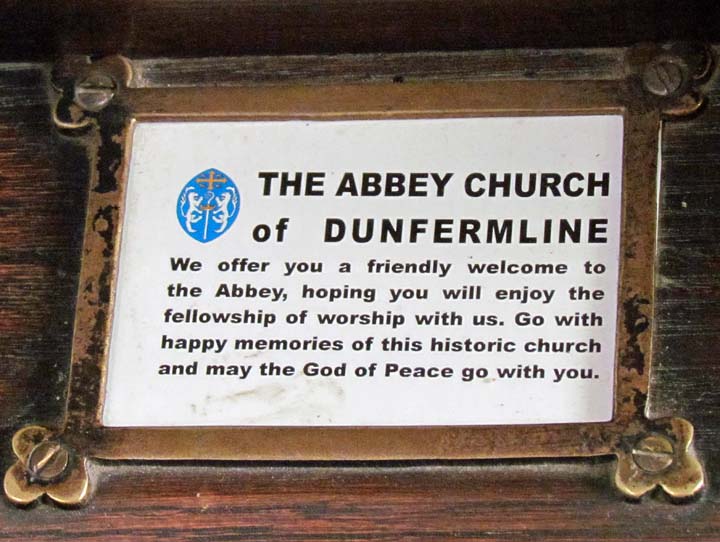
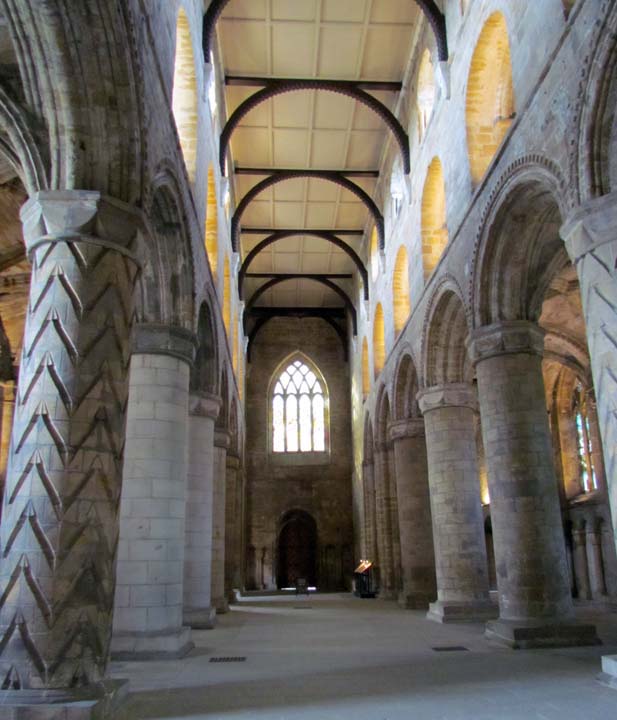
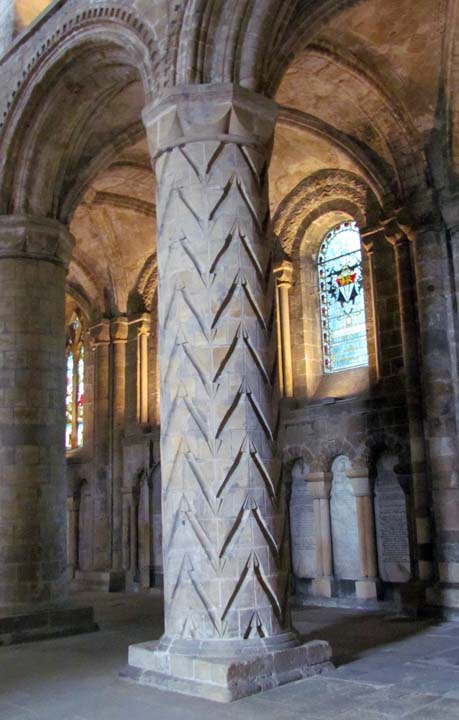
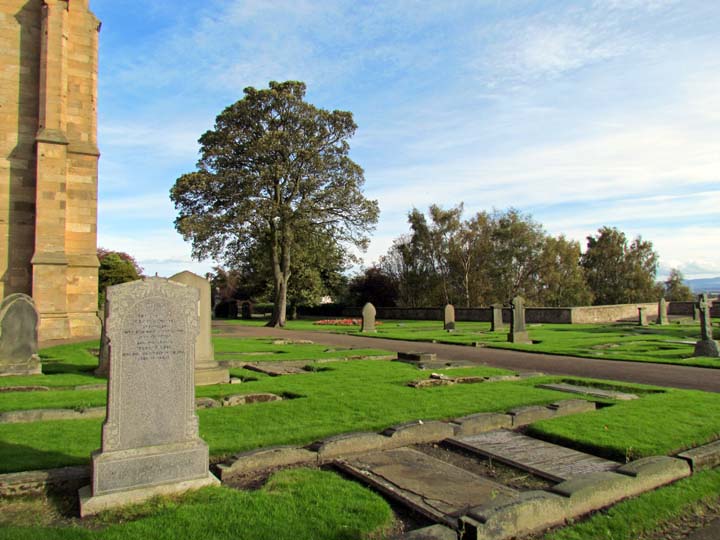
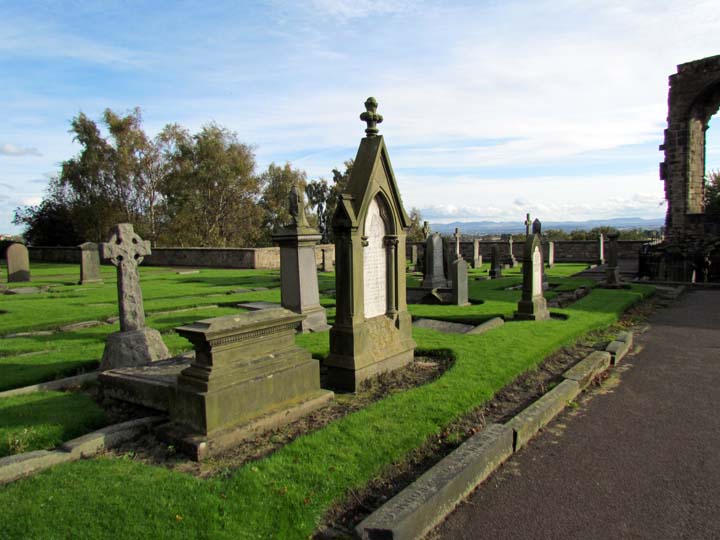
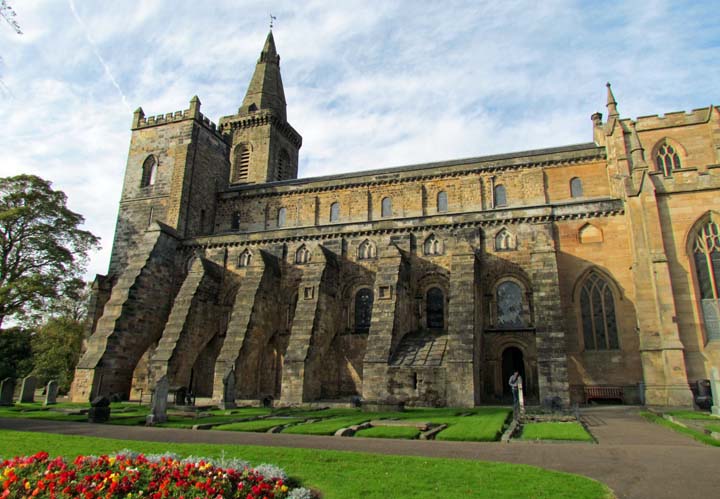
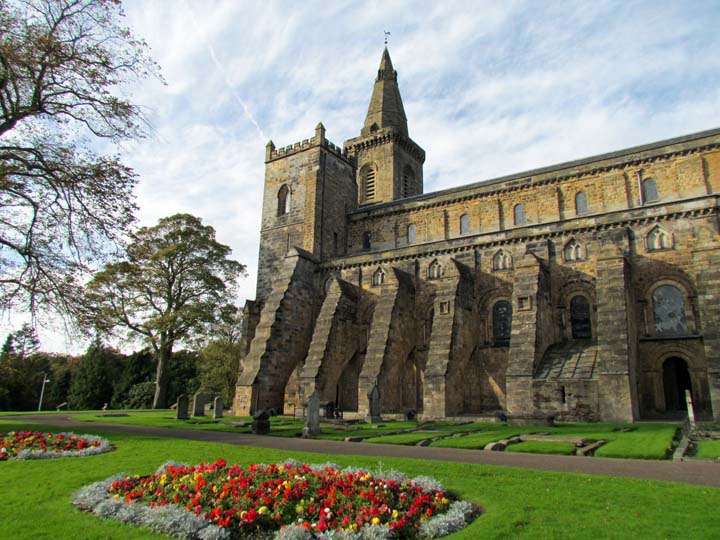
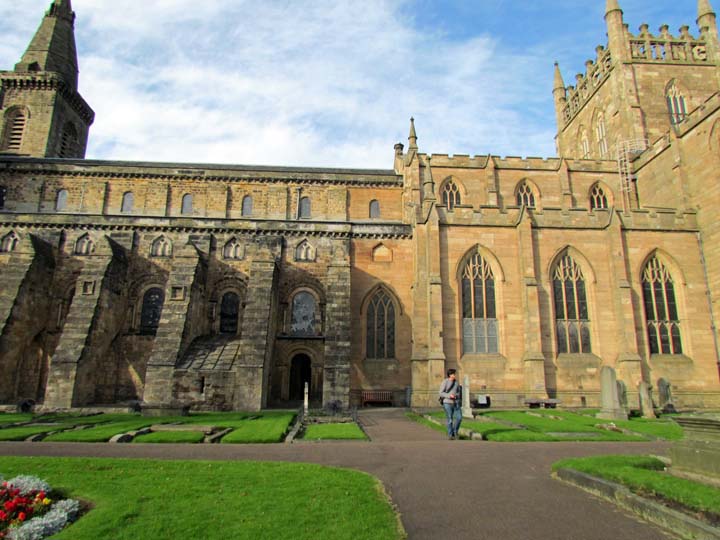
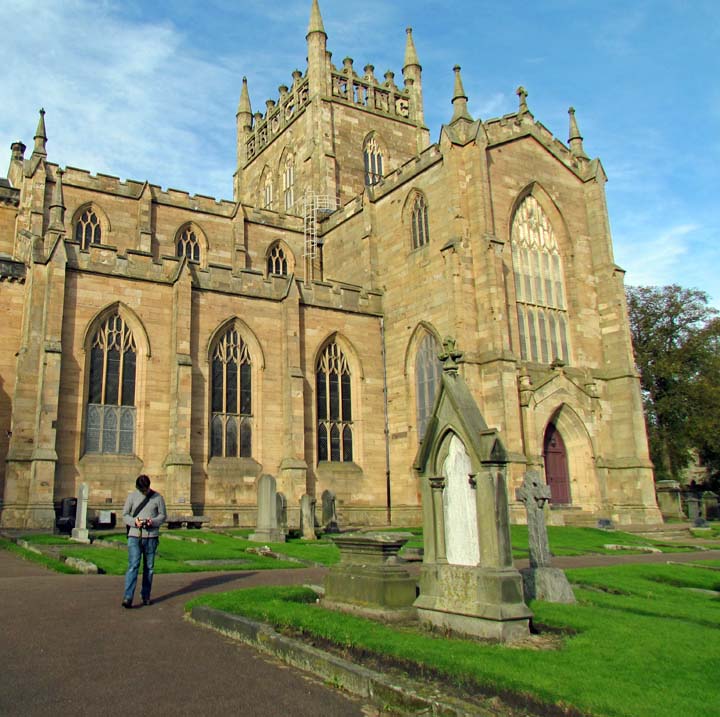
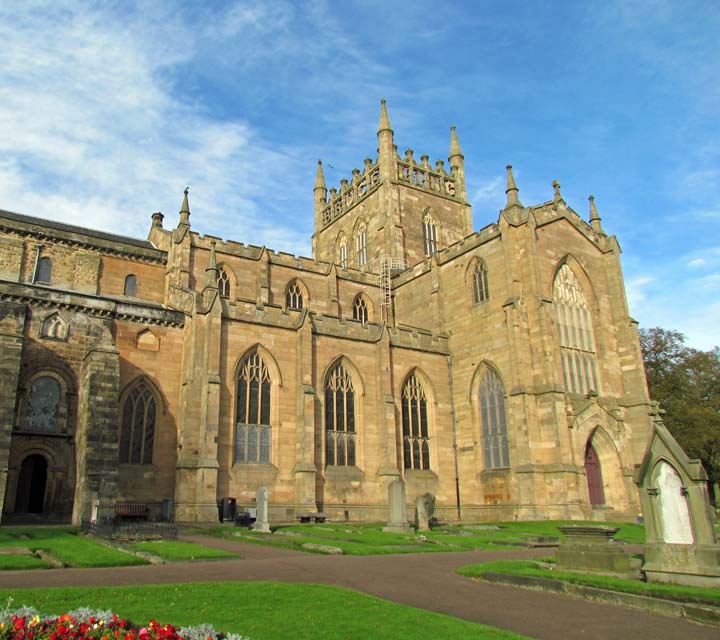
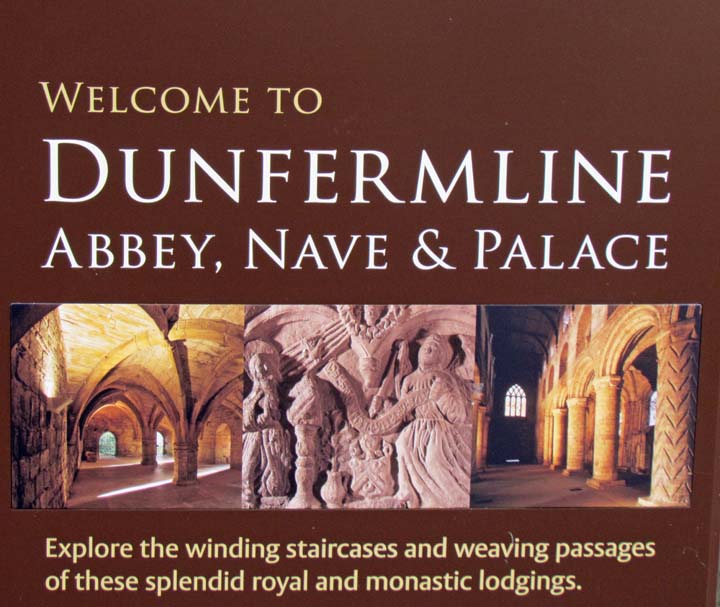
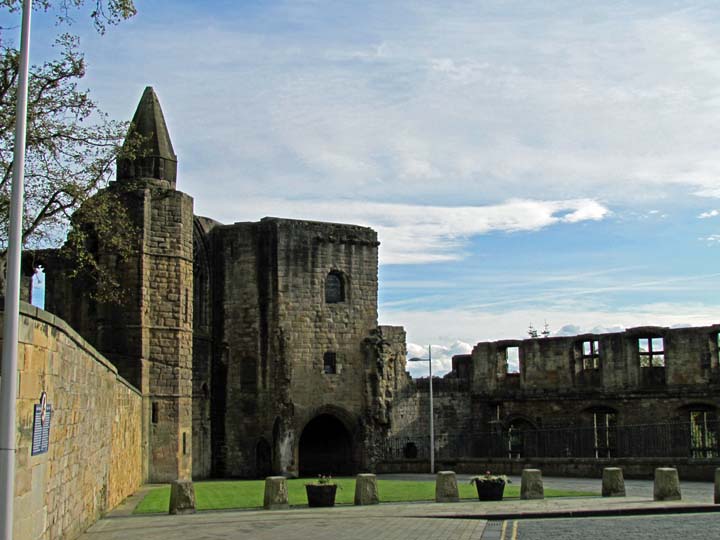
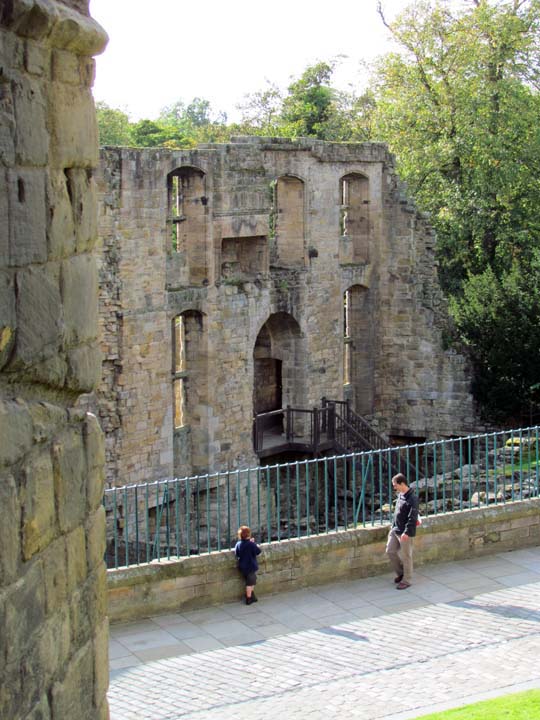
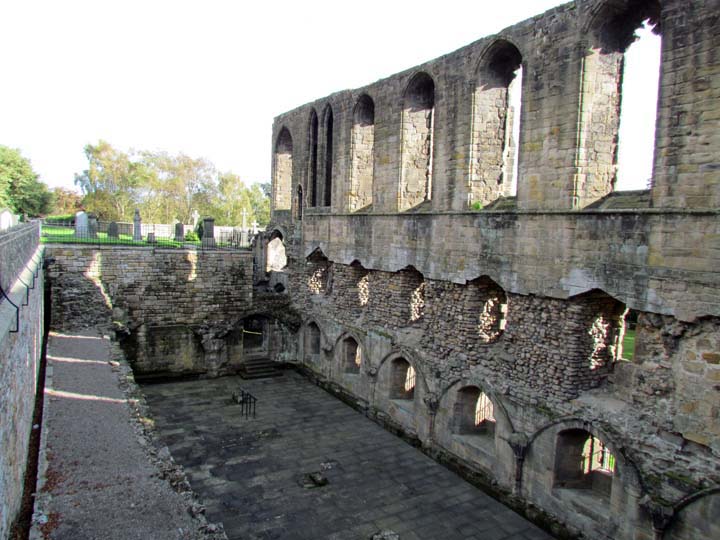
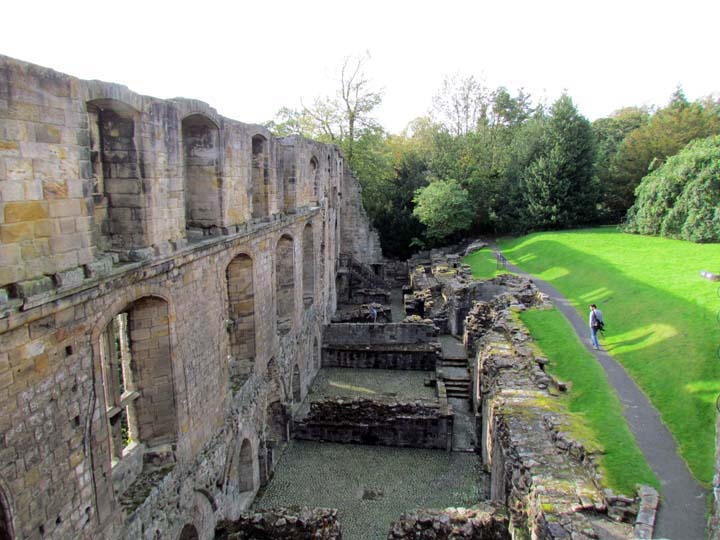
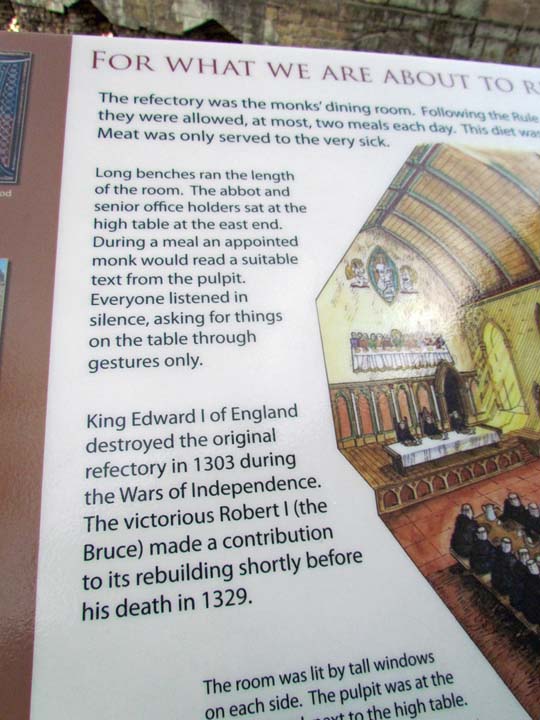
The magnificent window that remains - a Scottish treasure
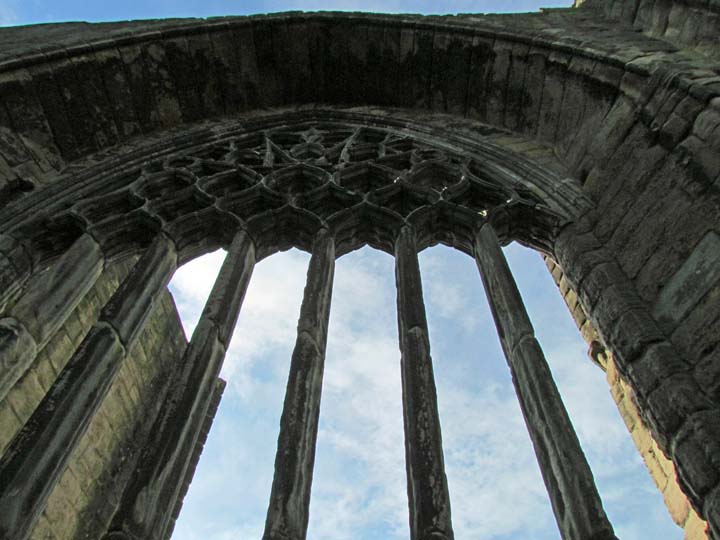
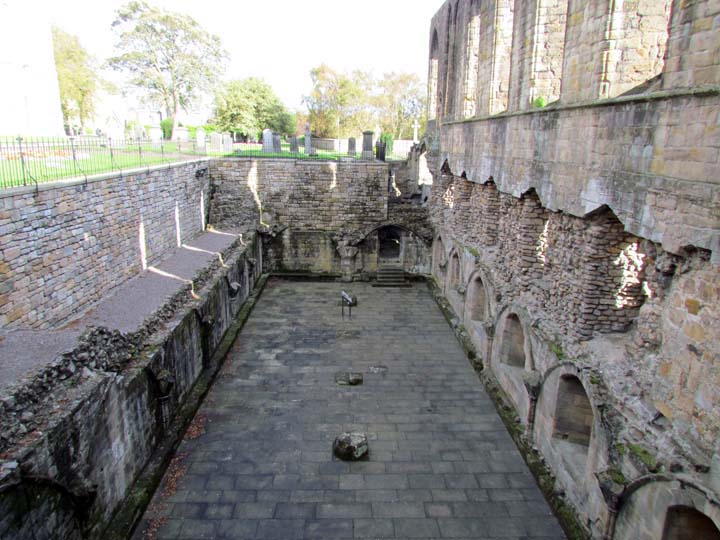
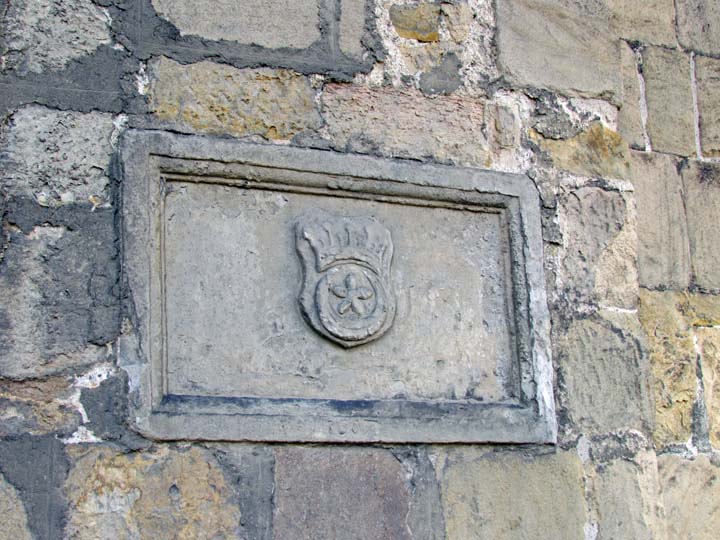
Jackie's favorite - narrow spiral staircases
Notice - these are the unusual, or rarer, left-handed stairs
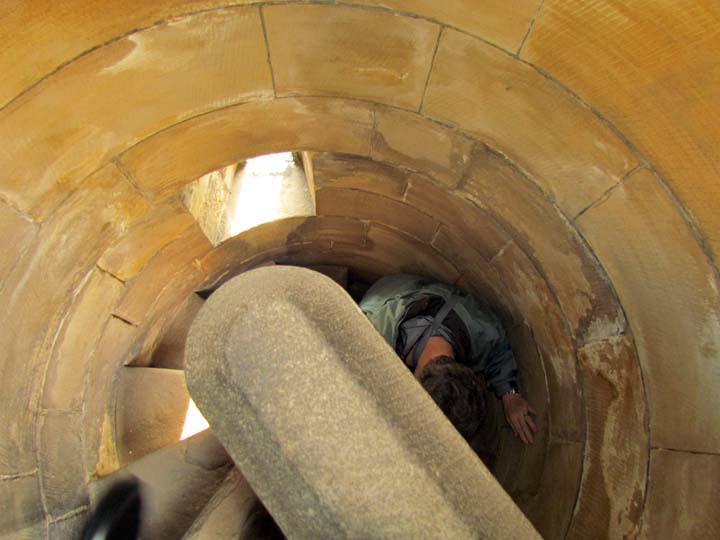
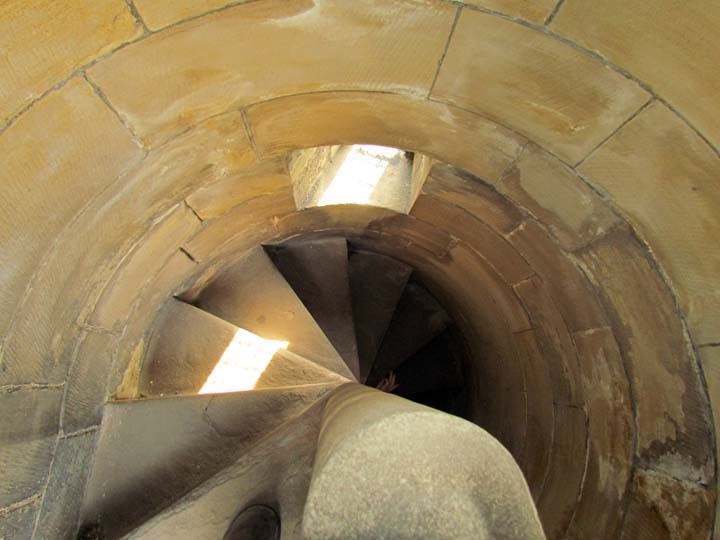
Looking back up out of the gloom down below
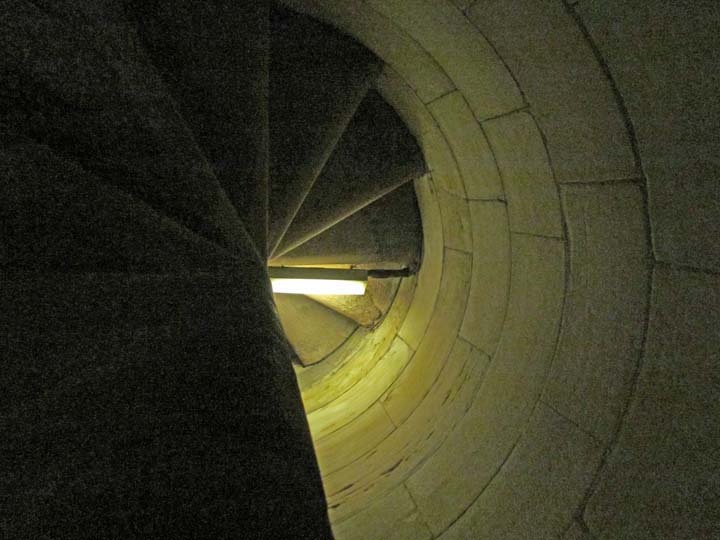
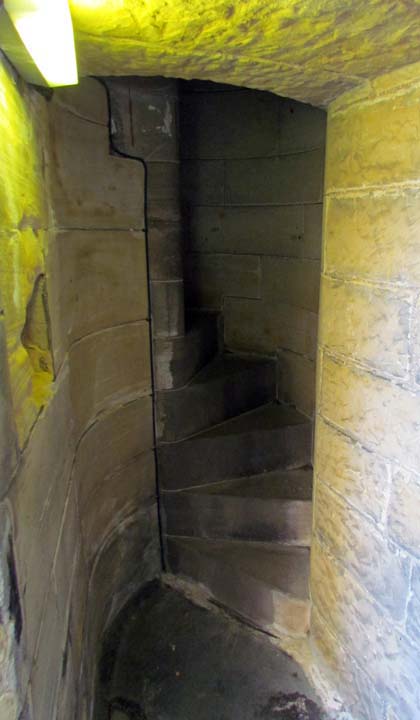
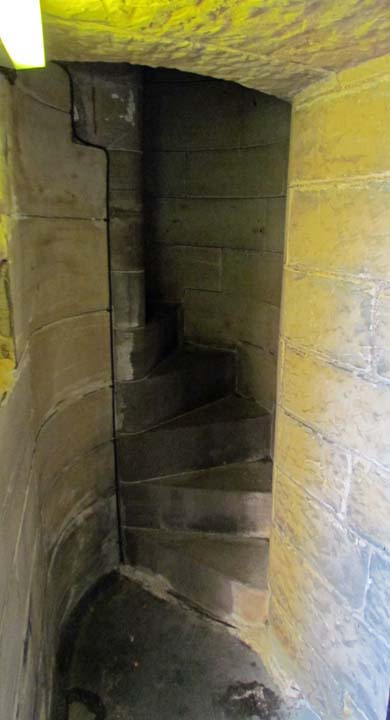
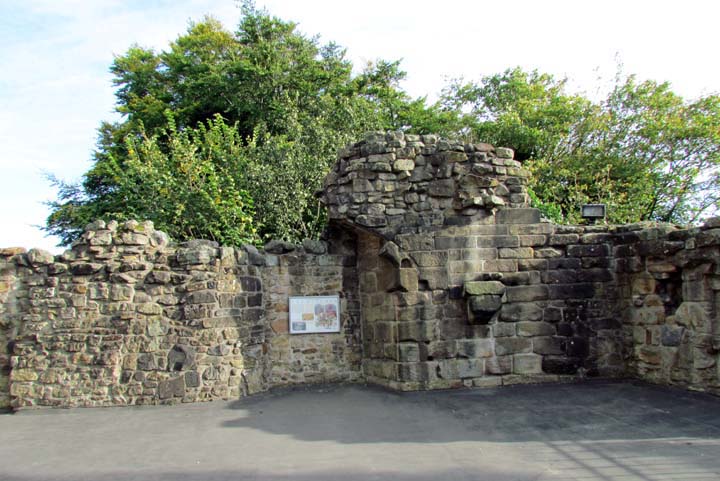
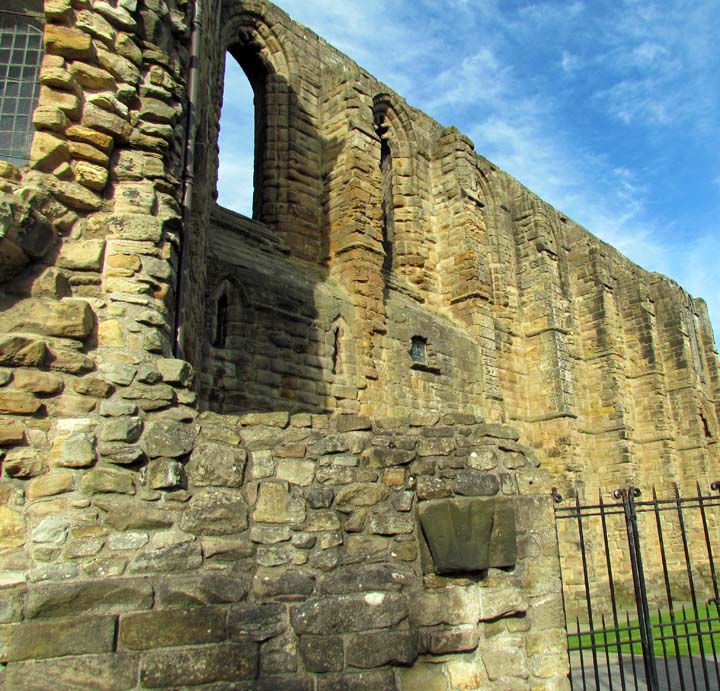
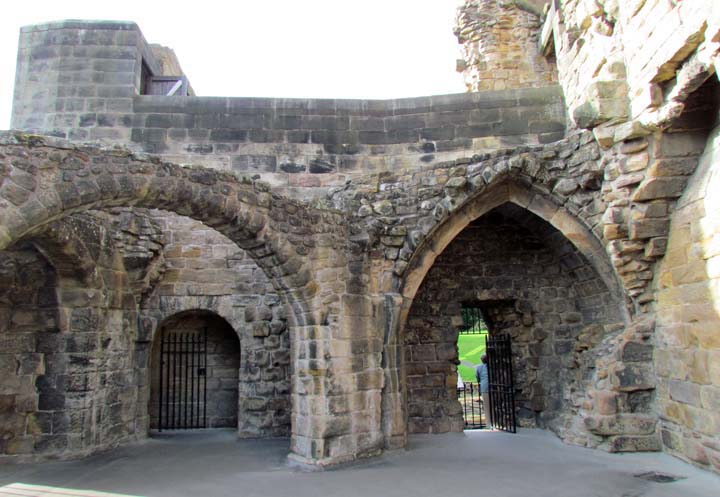
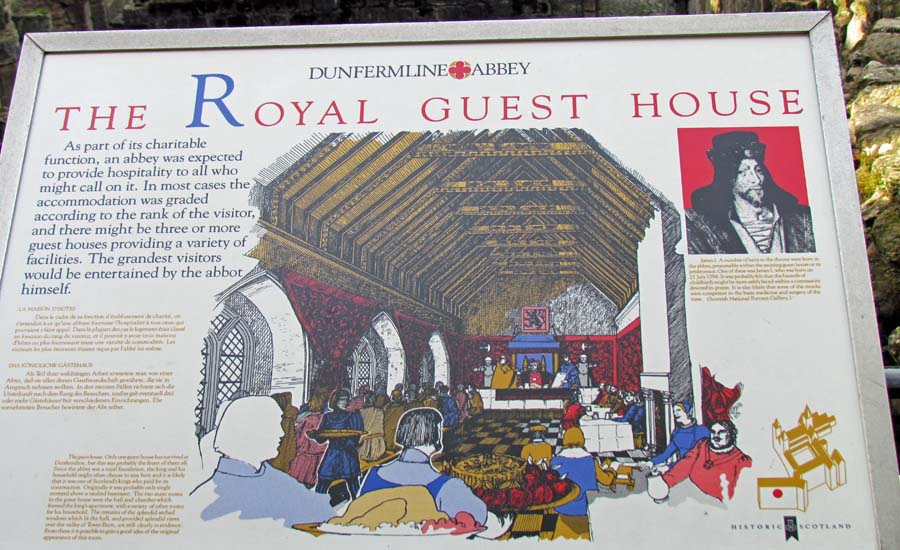
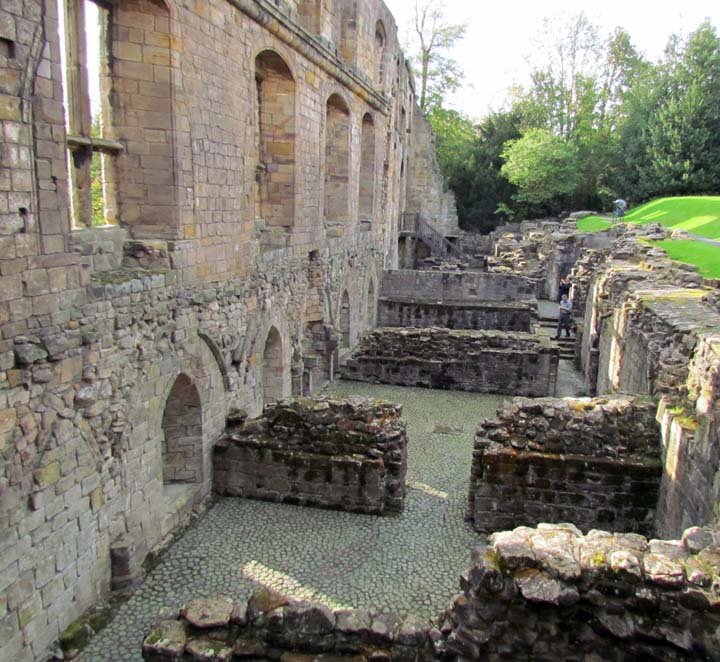
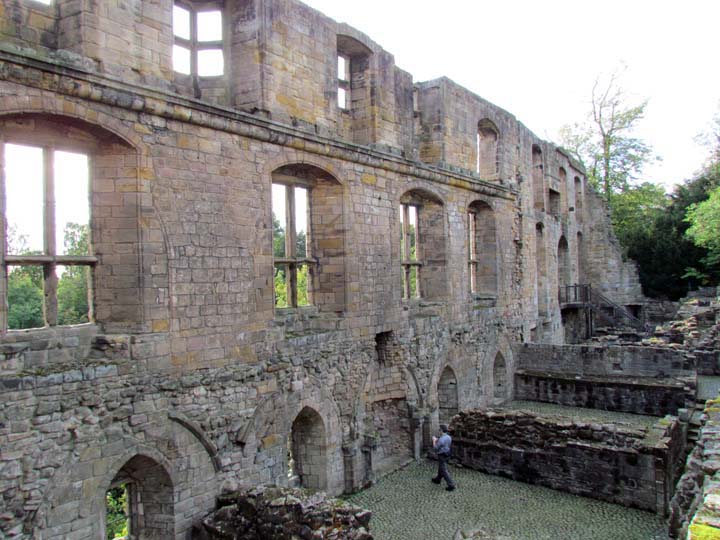
Stairway to no where
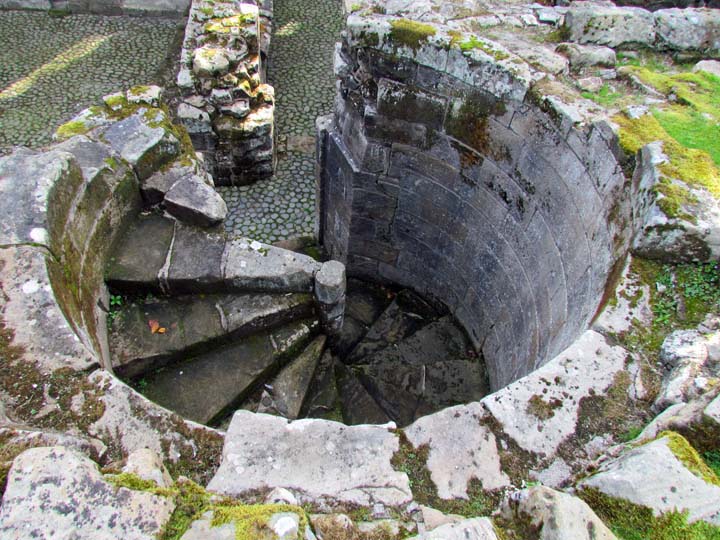
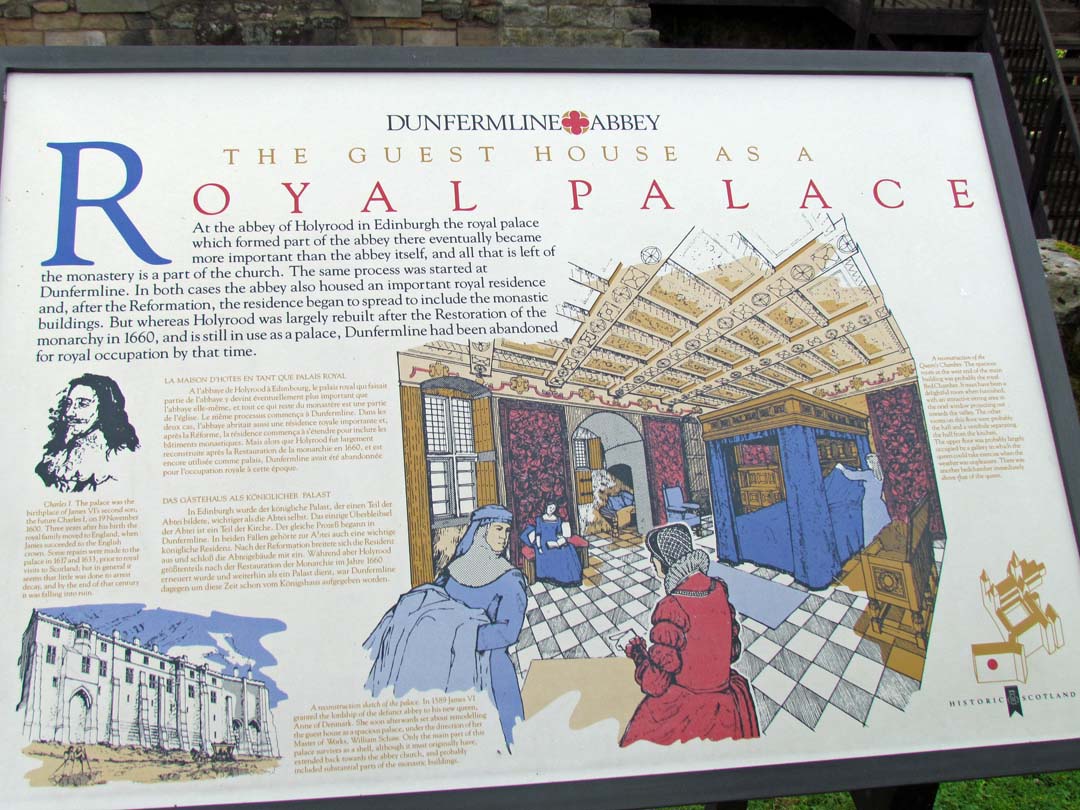
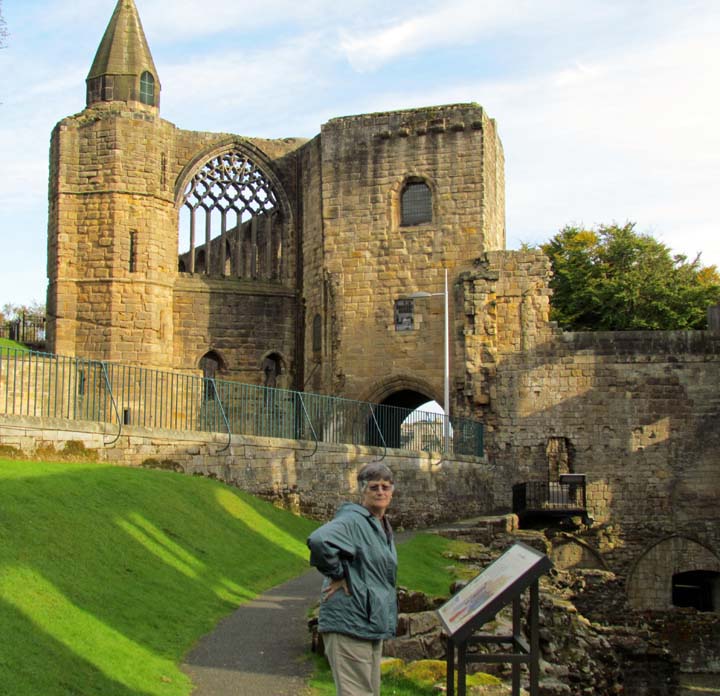
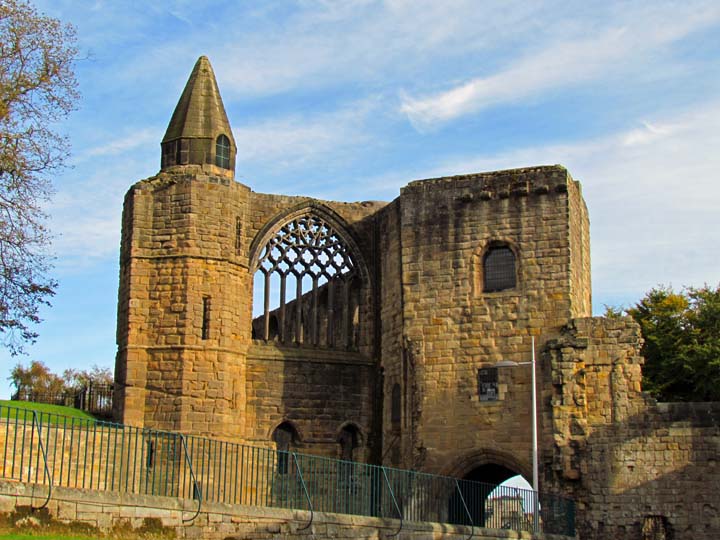
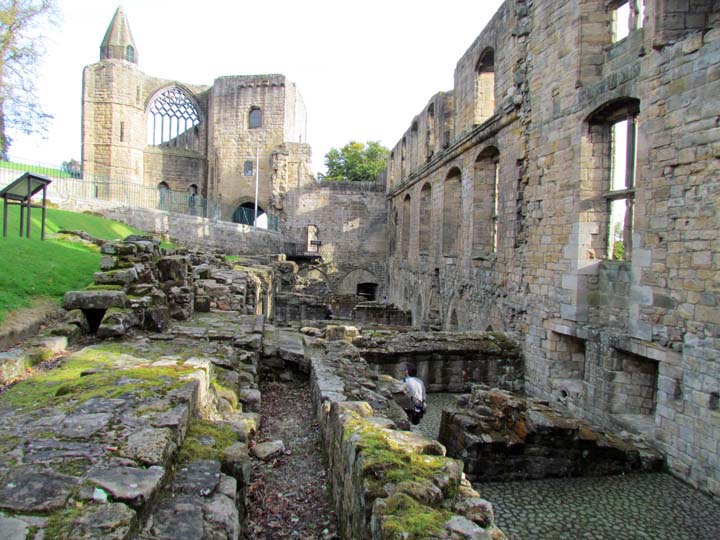
The four foot plus walls
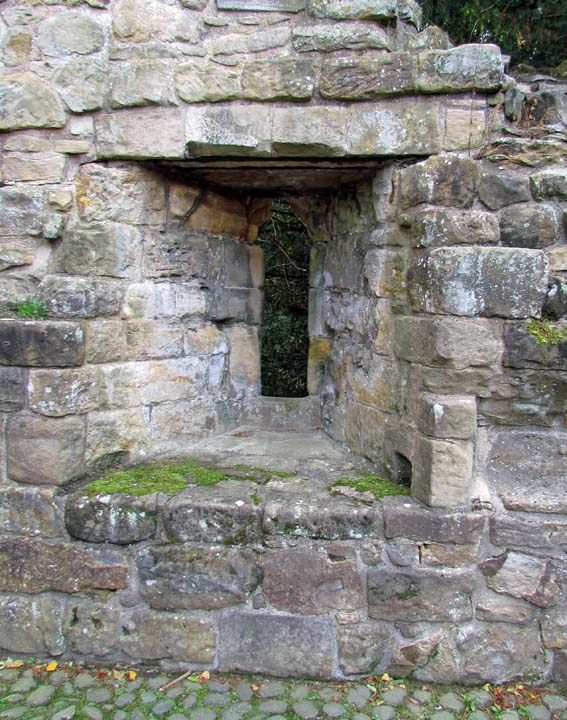
The remains of the supports for the floors above
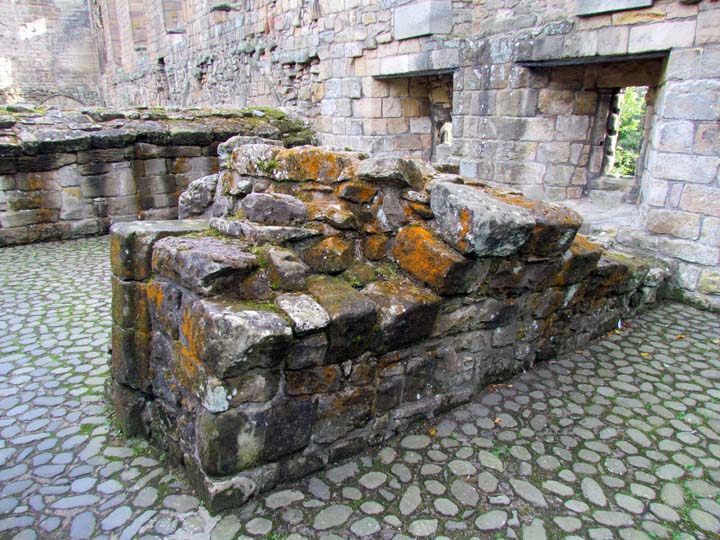
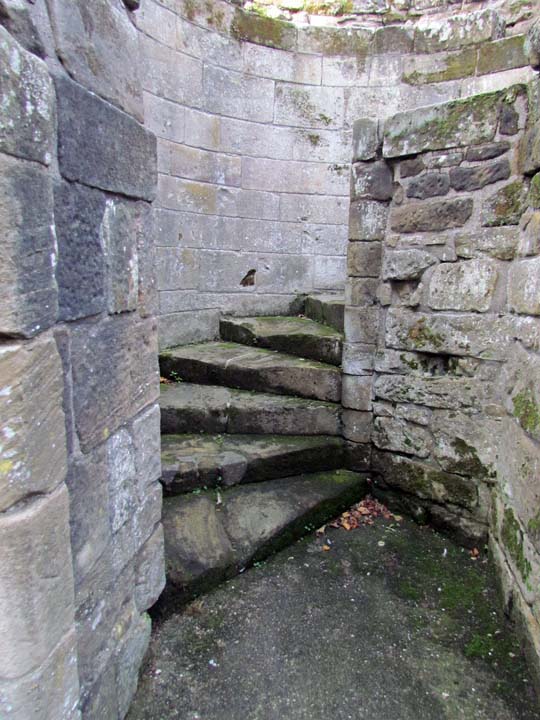
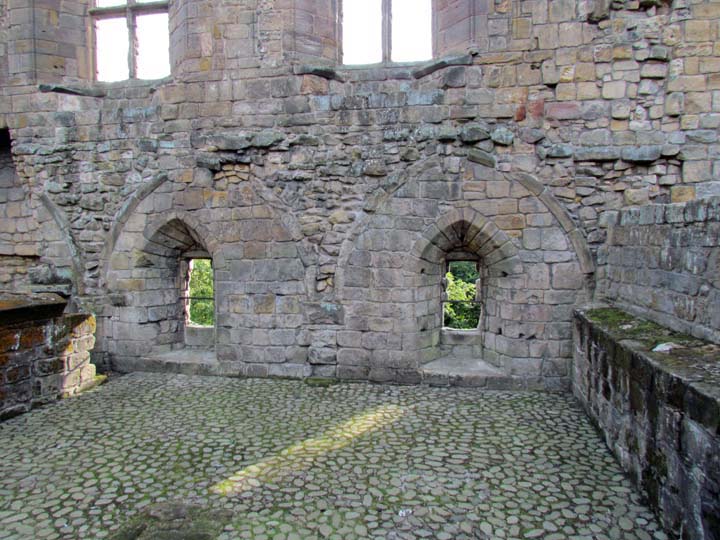
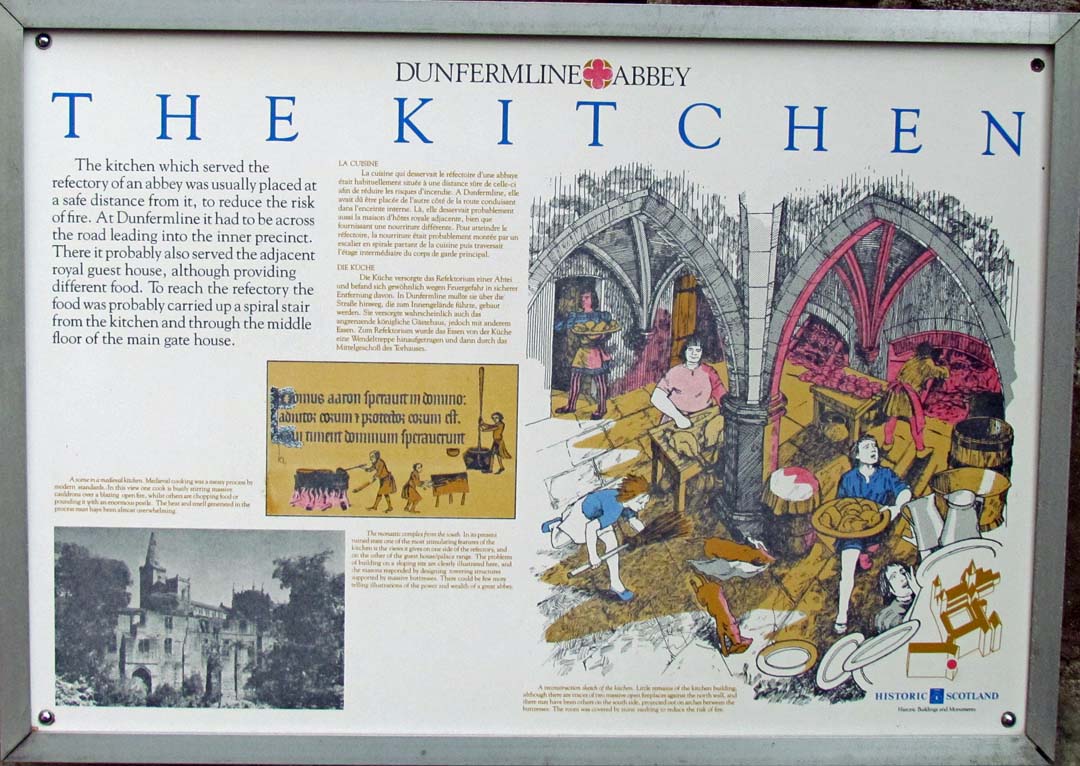
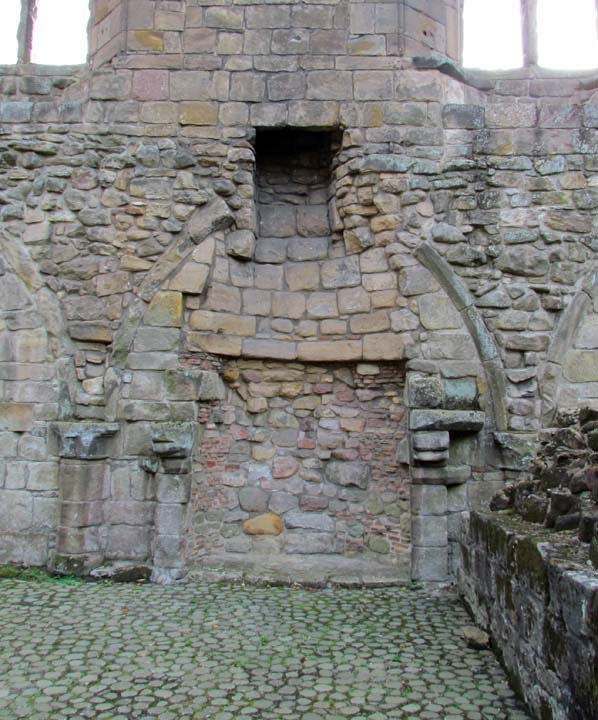
No chimneys per se, holes in each floor
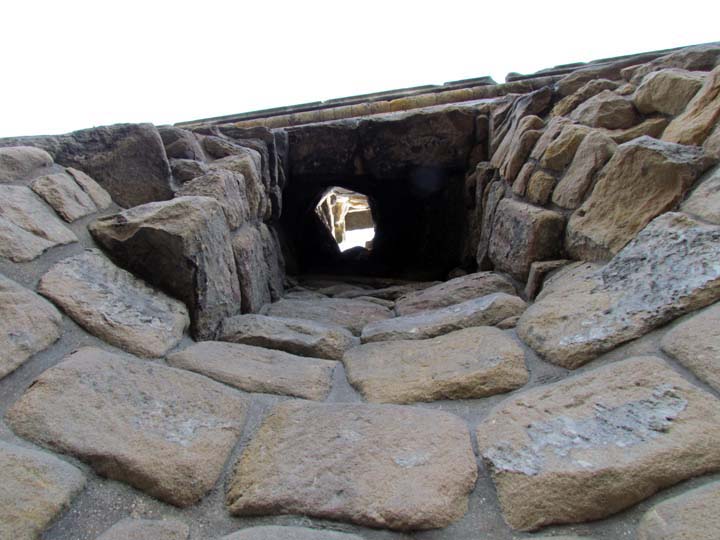
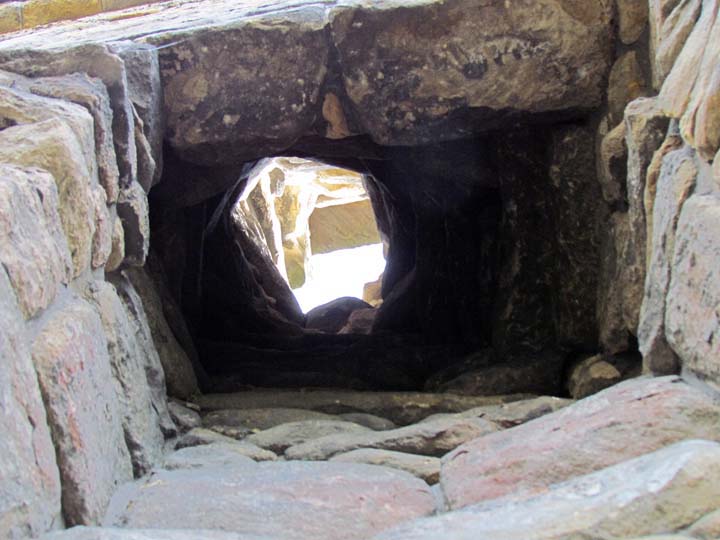
A few casements remain
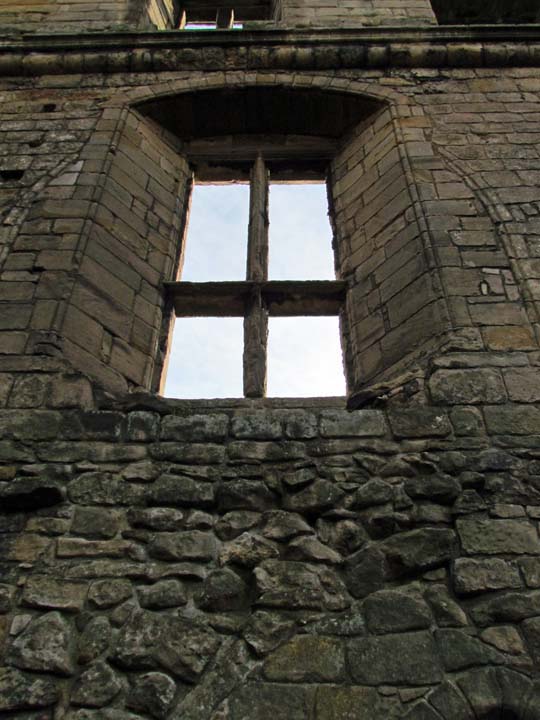
Wonder where the stairs went?
Wonder who climbed them?
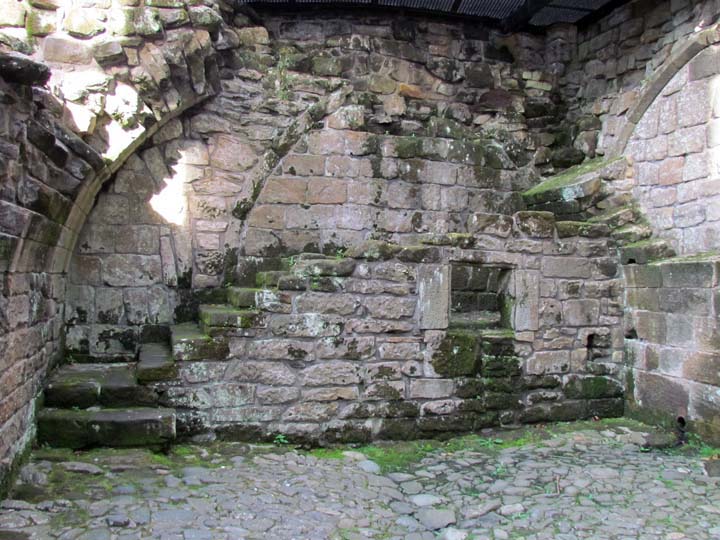
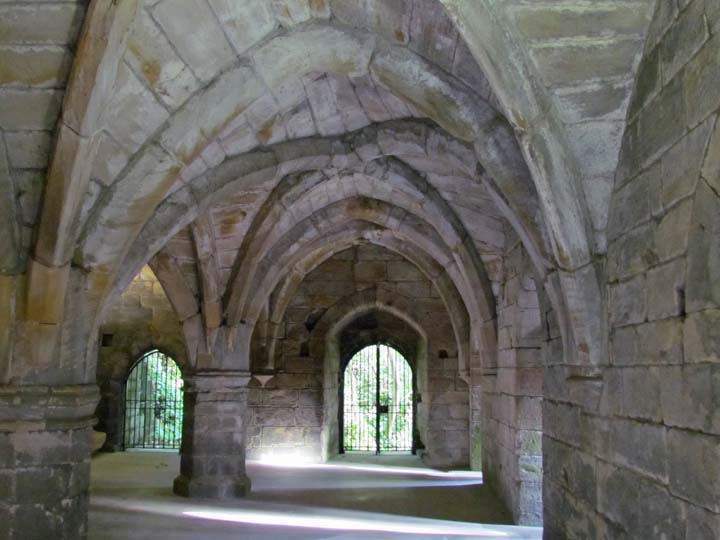
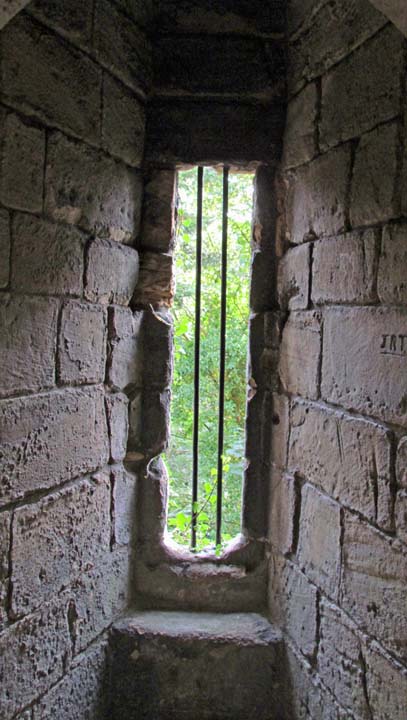
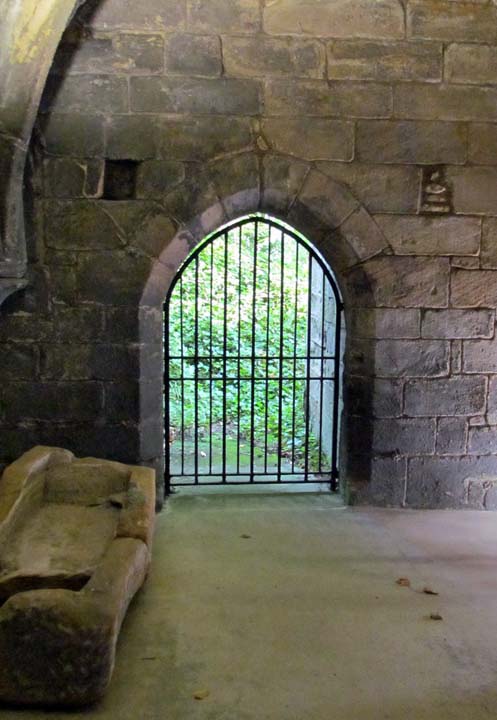
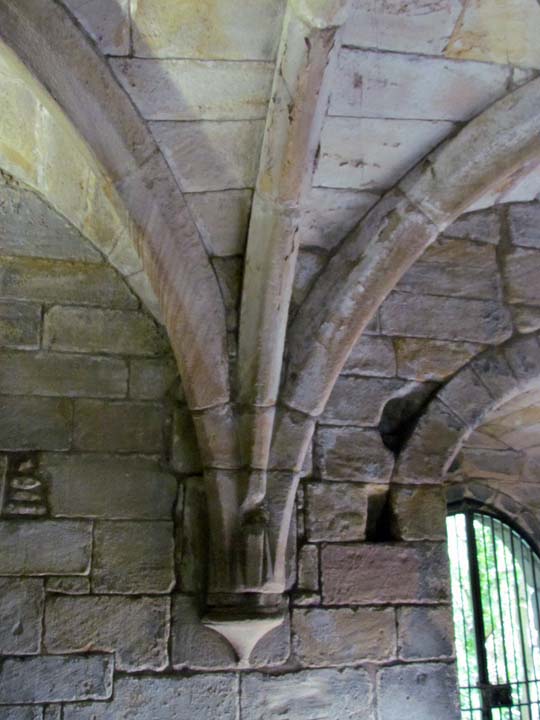
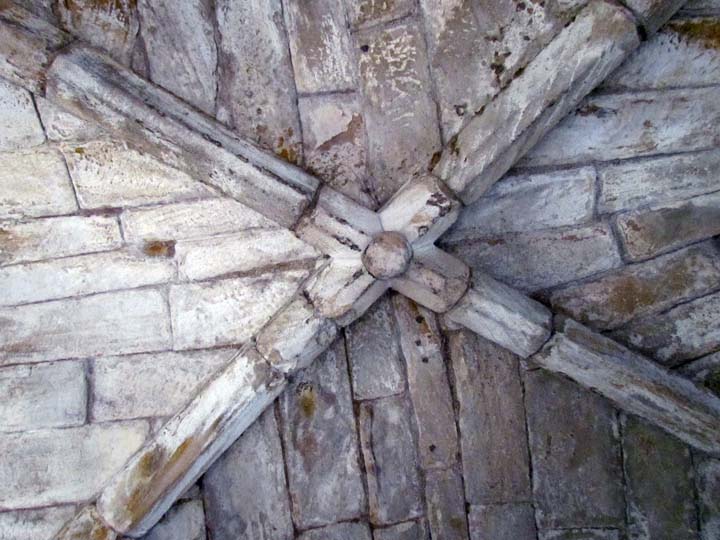
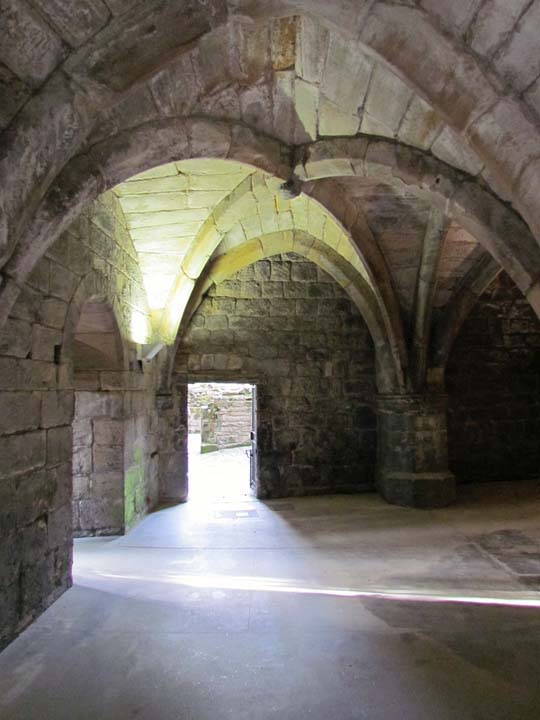
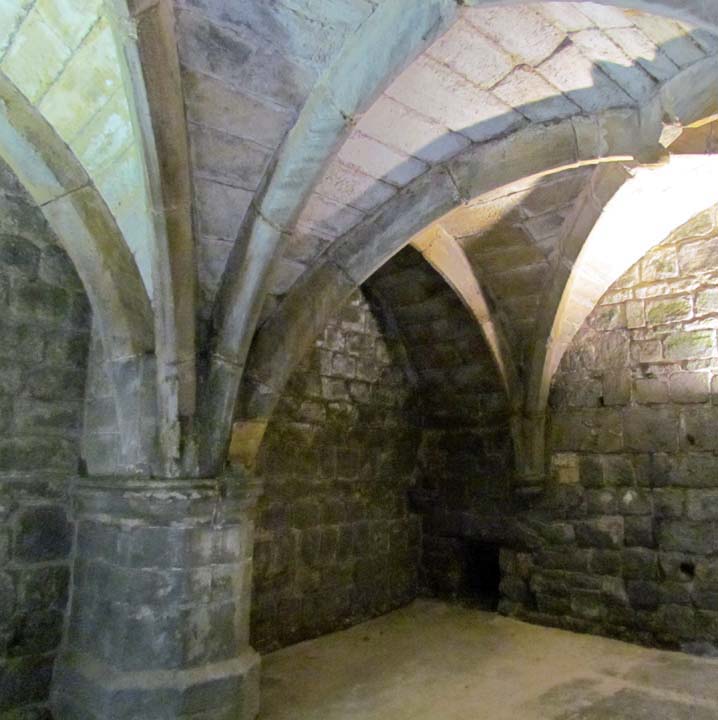
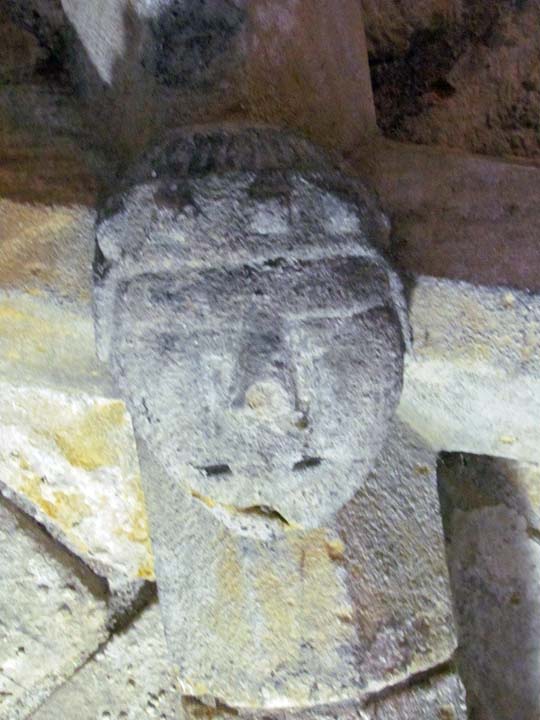
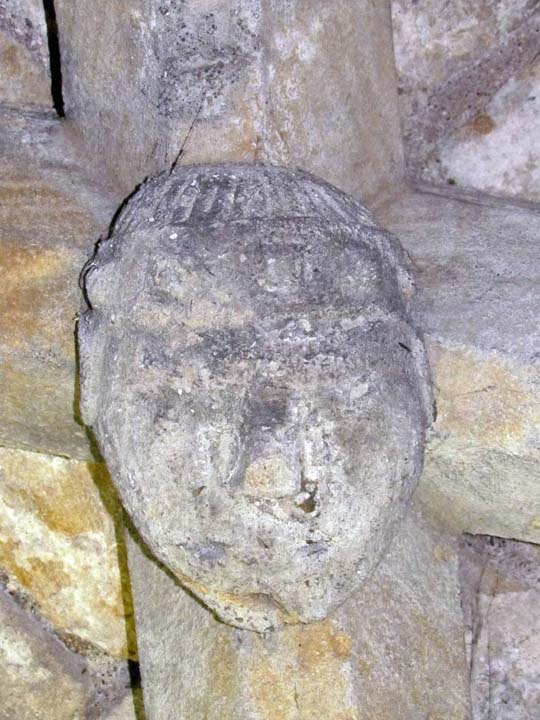
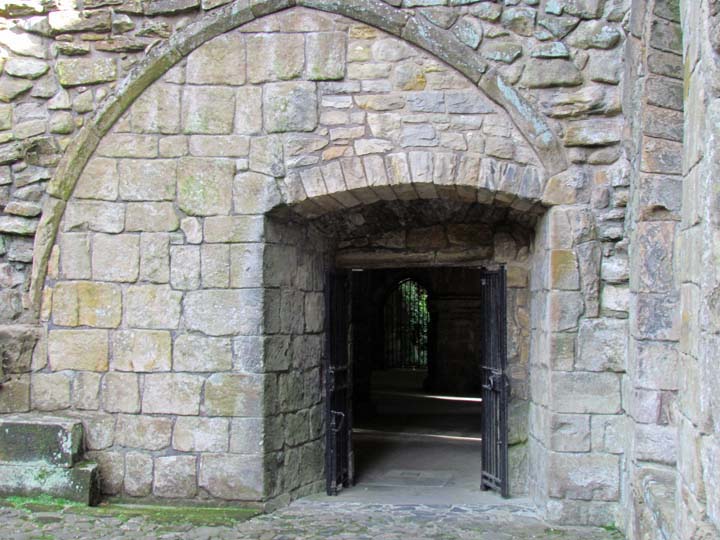
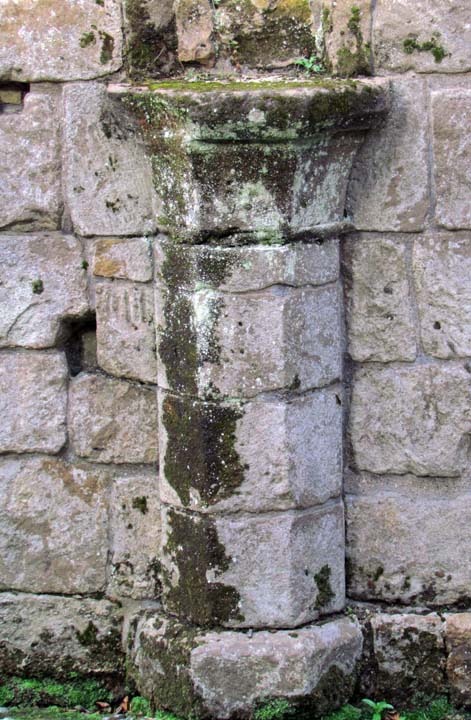
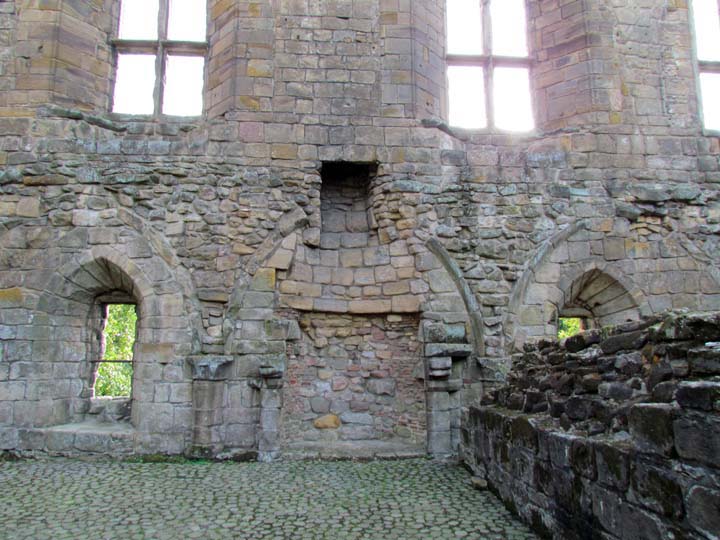
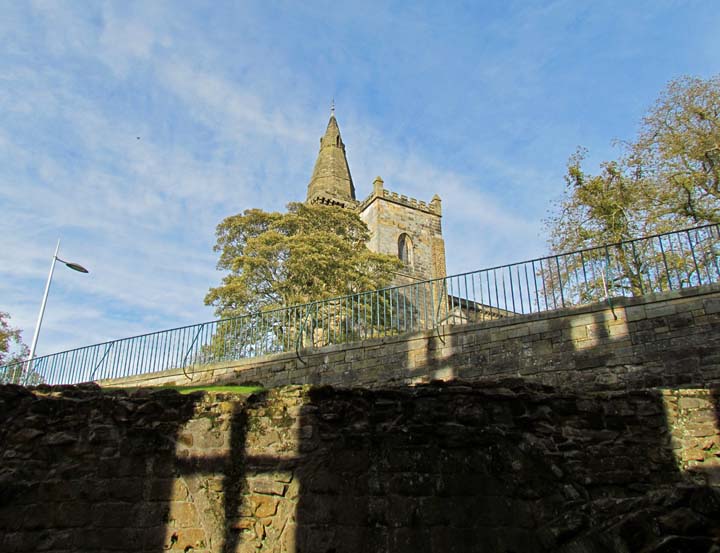
Smoothest cobblestones ever
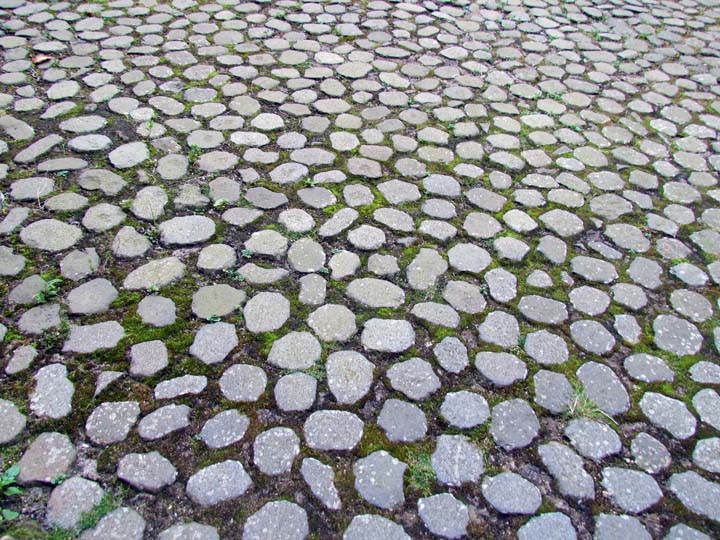
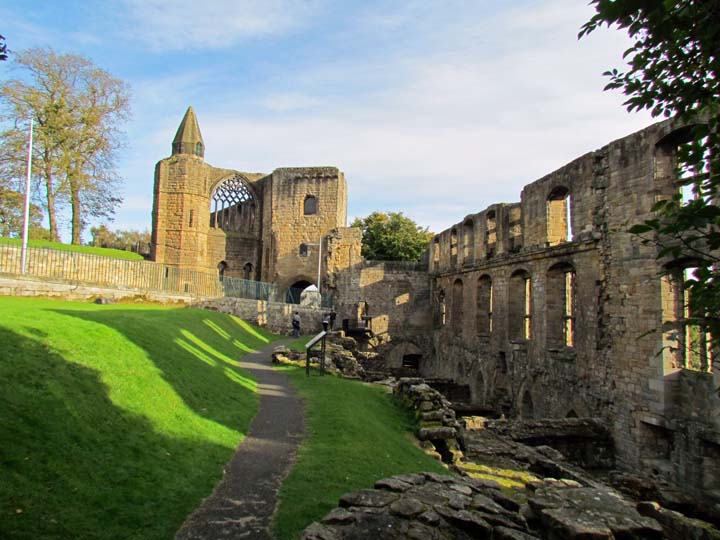
Up and out - Whew !
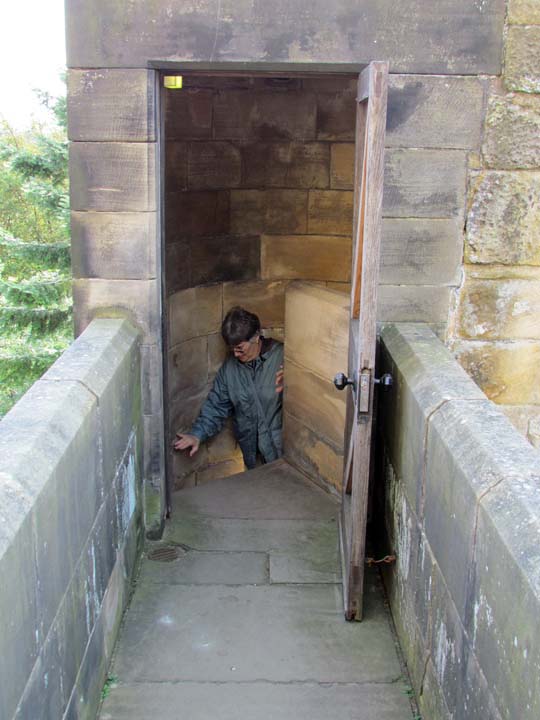
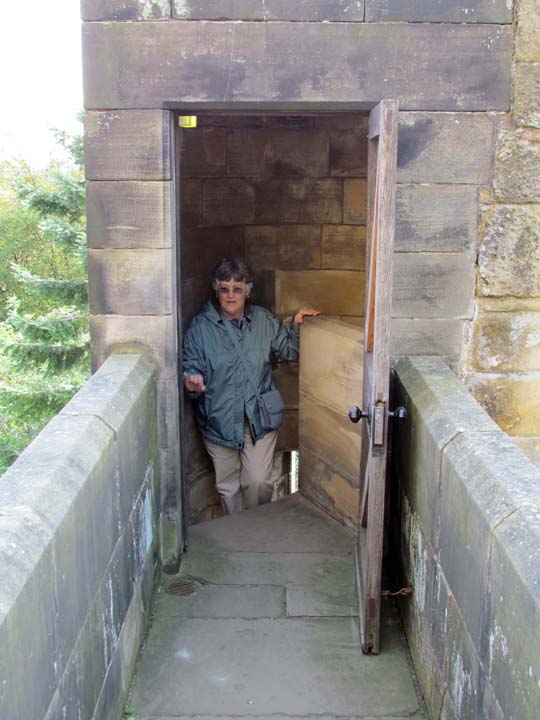
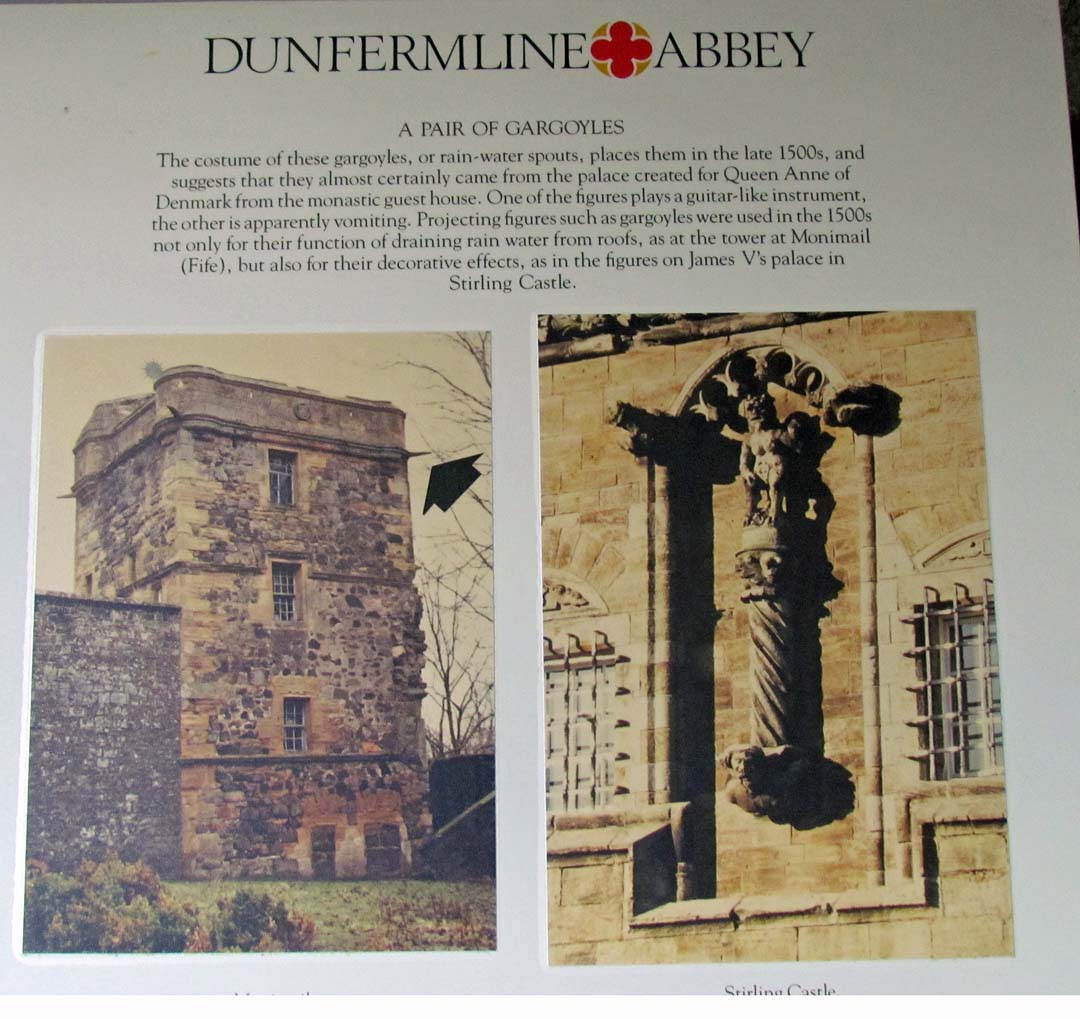
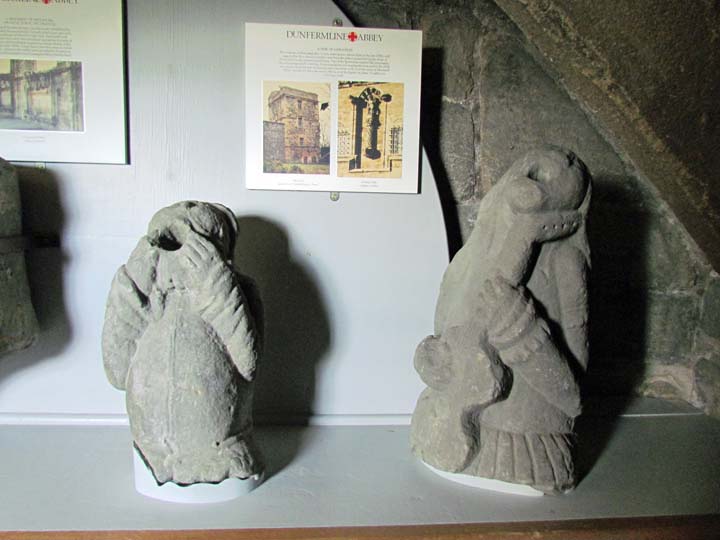
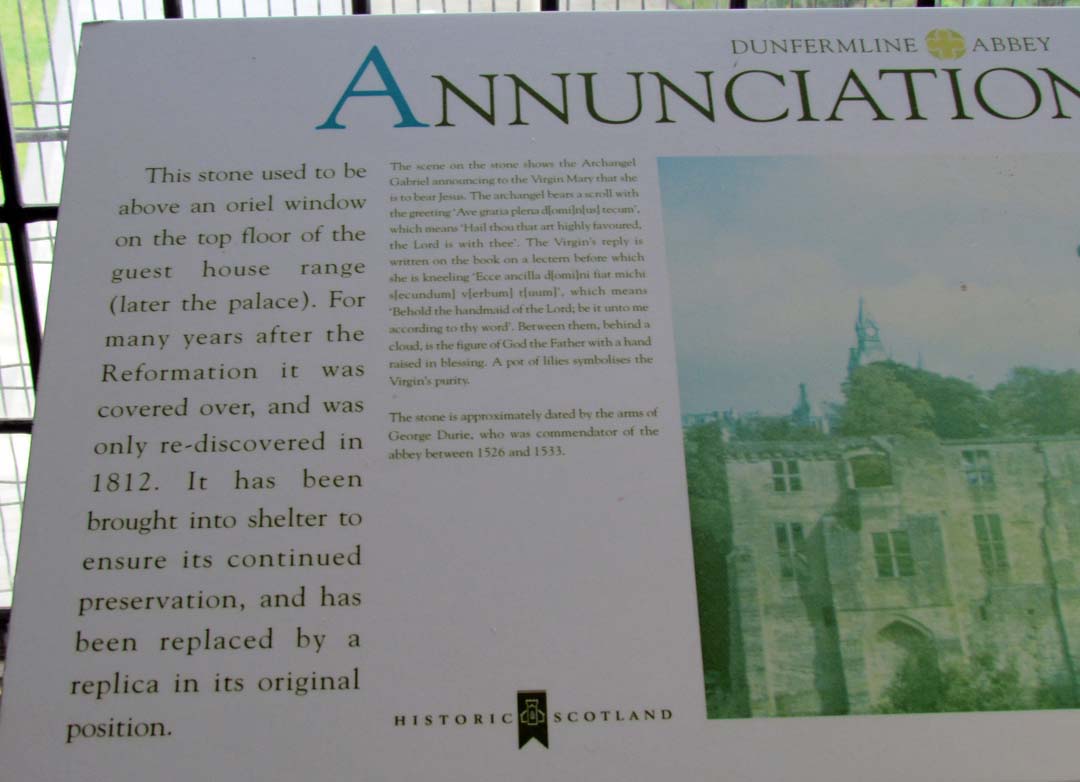
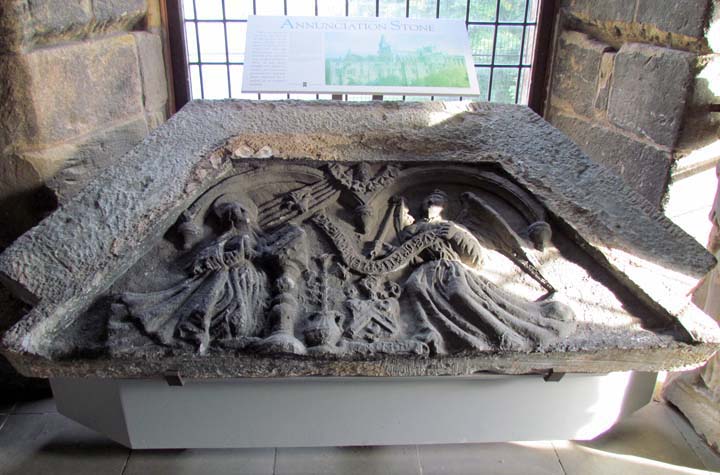
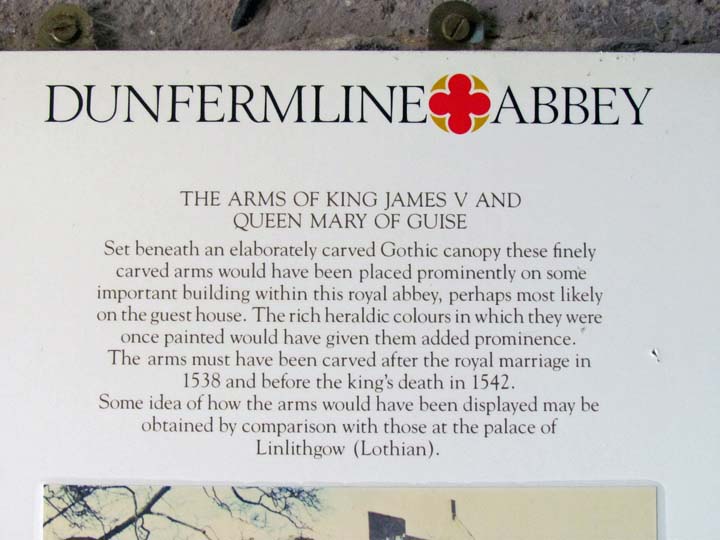
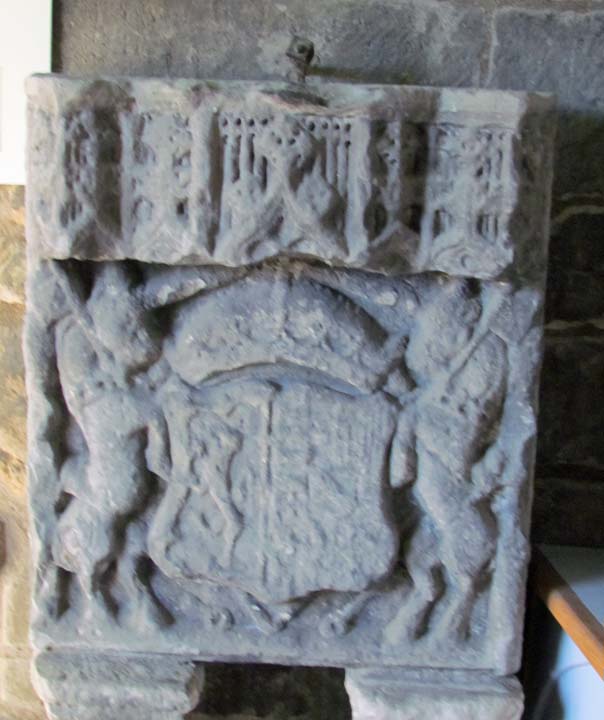
Leaving the small museum - the guide had the ONLY borough so thick we could not understand -
just shook our heads Yes, and smiled
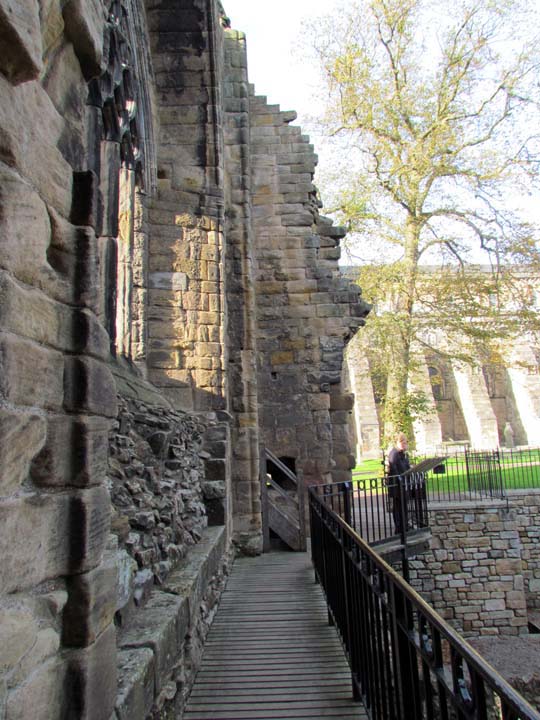
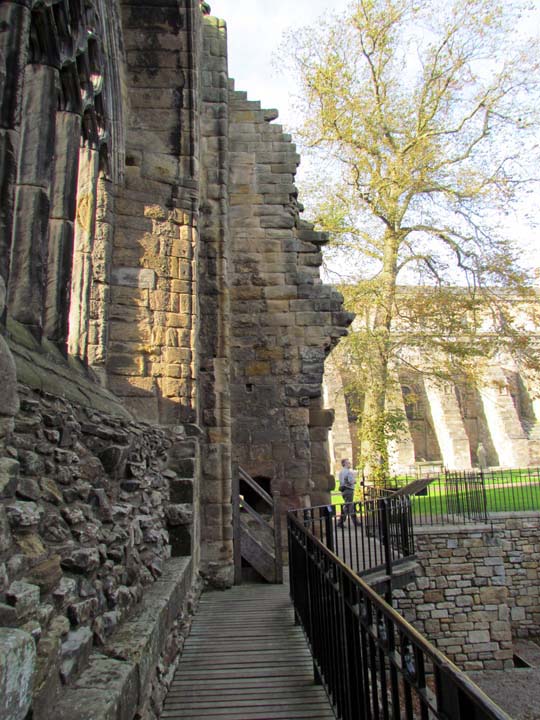
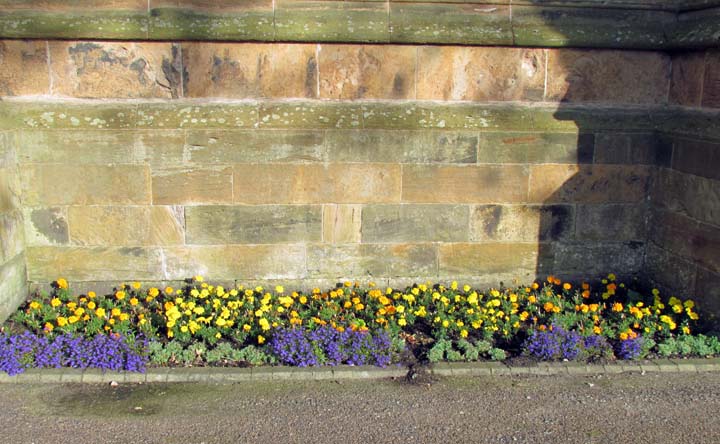
Leaving this smaller flower bed behind, we're off to our next stop
~ ~ ~ ~ ~ ~ ~ ~ ~ ~ ~ ~ ~ ~ ~ ~ ~ ~ ~ ~ ~ ~ ~ ~ ~ ~ ~ ~ ~ ~ ~ ~